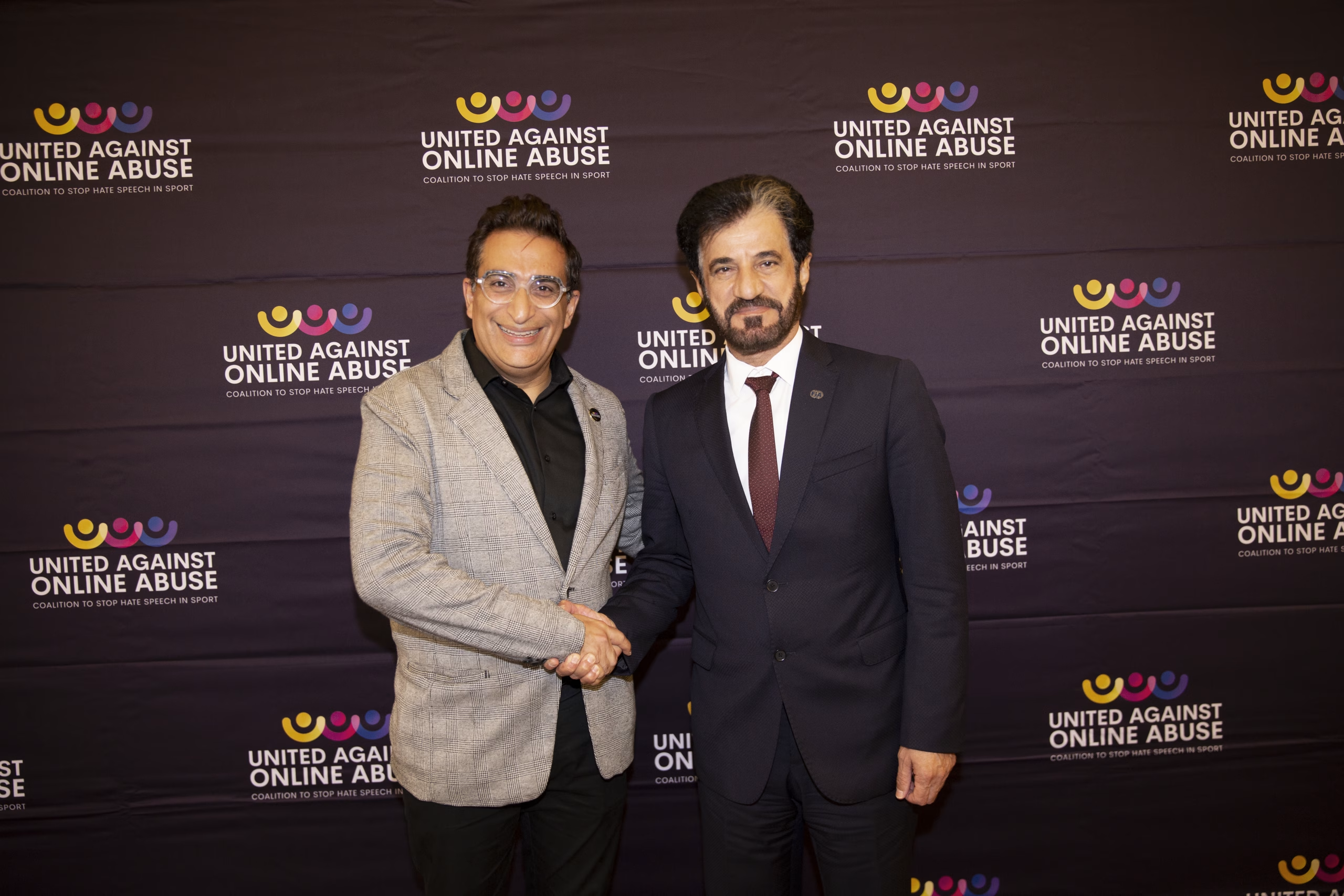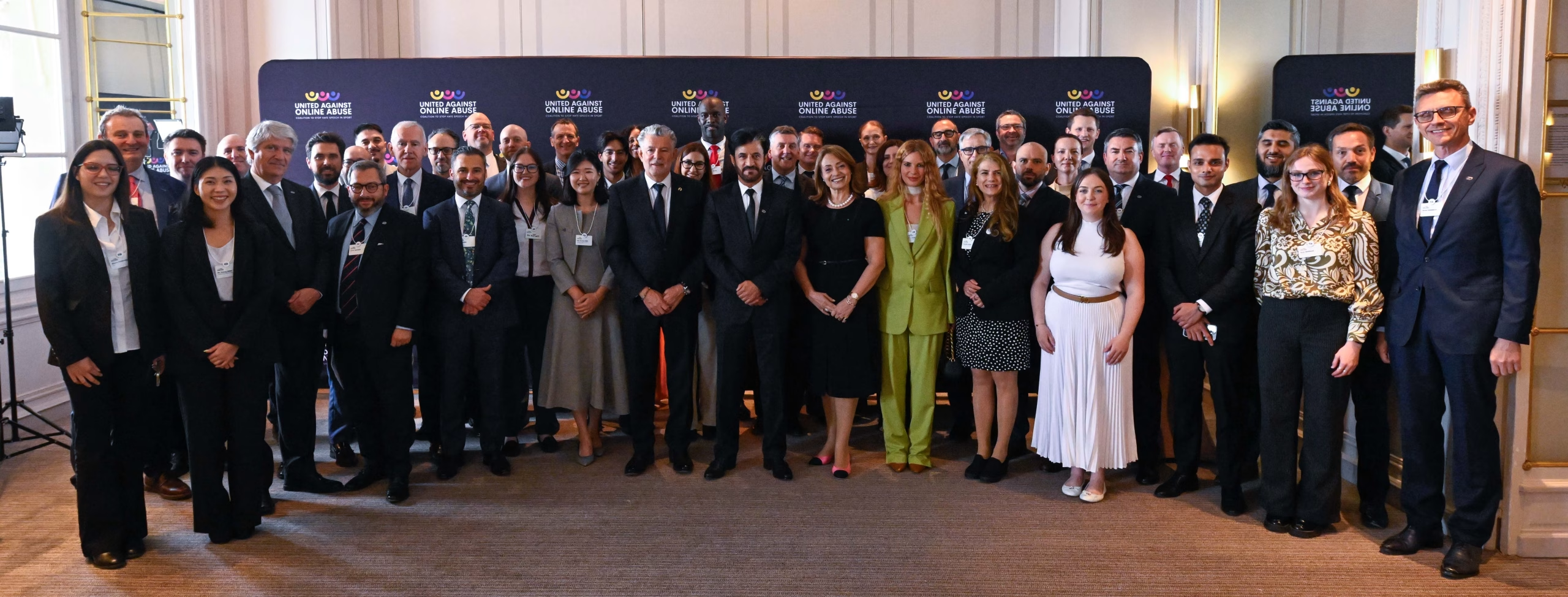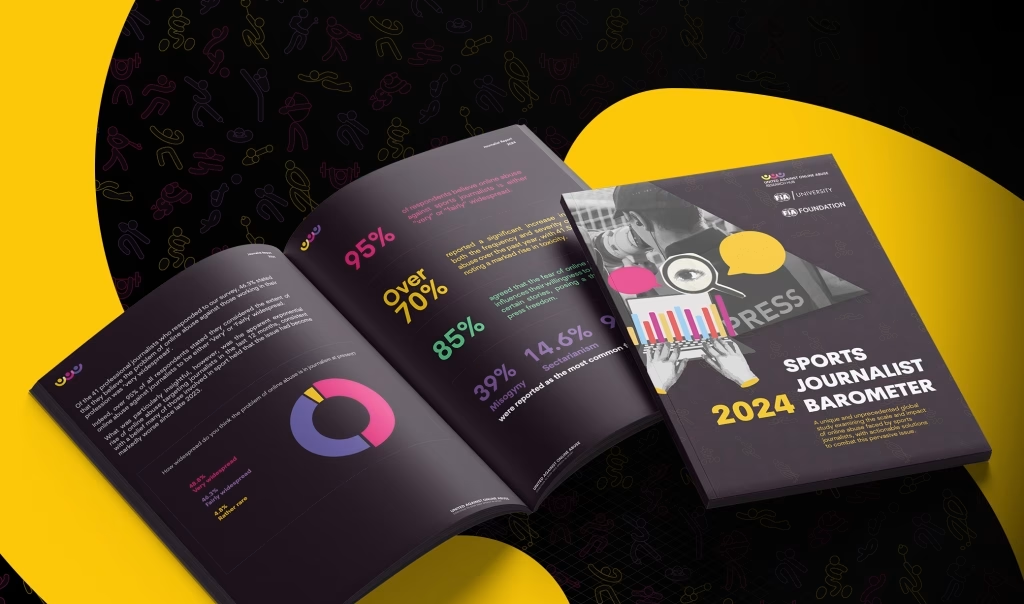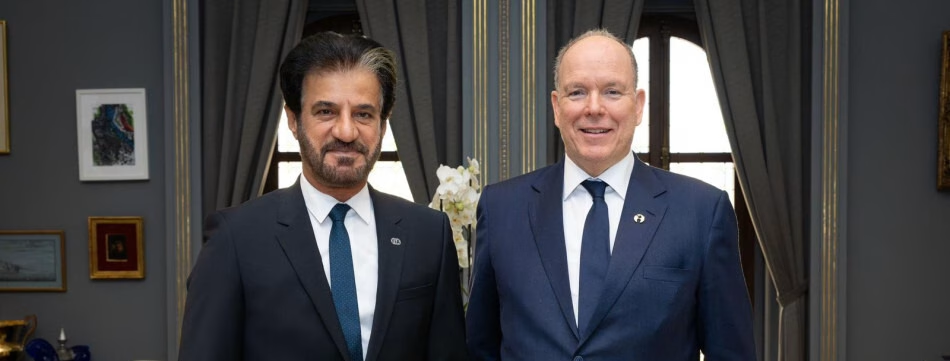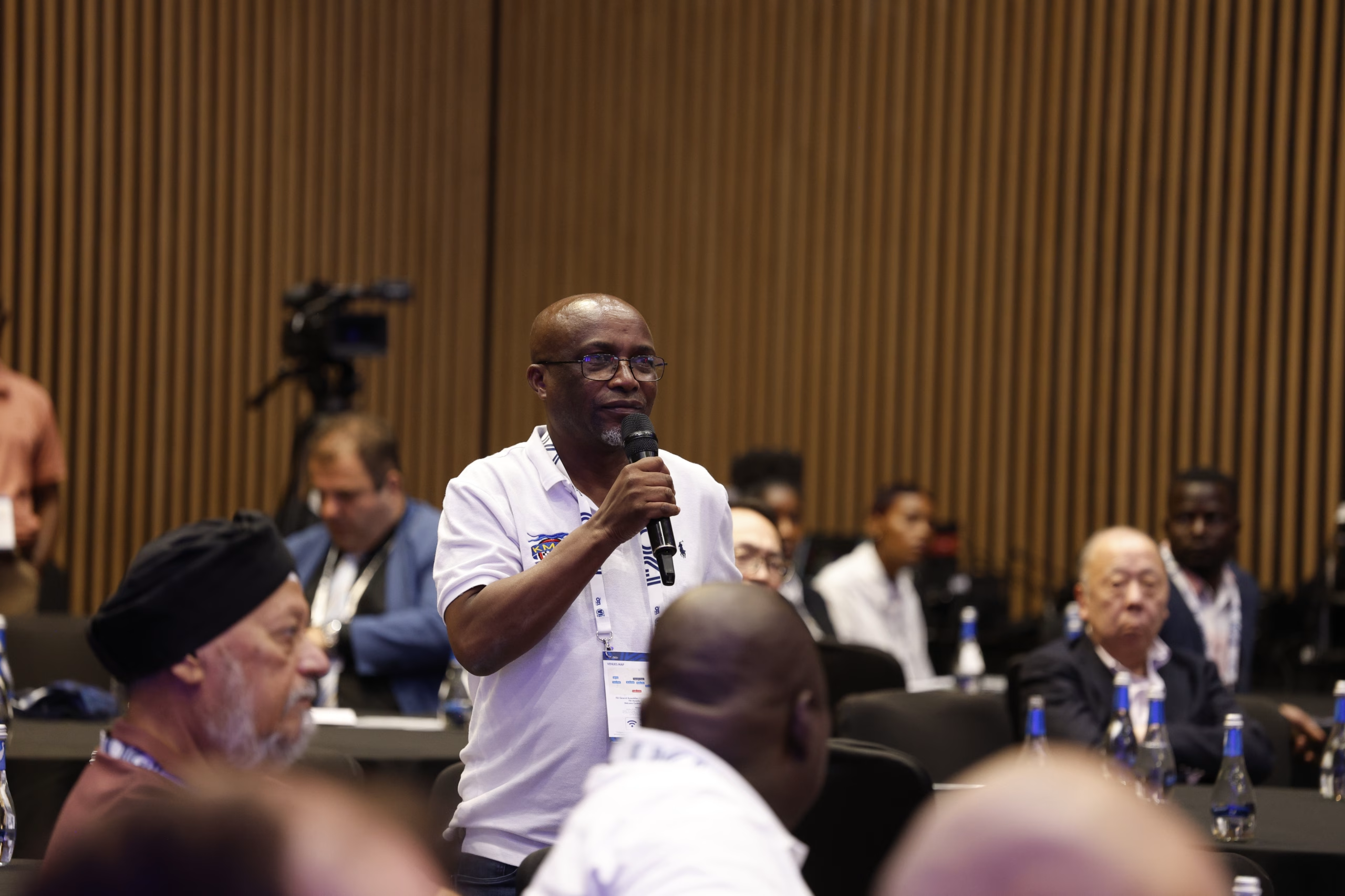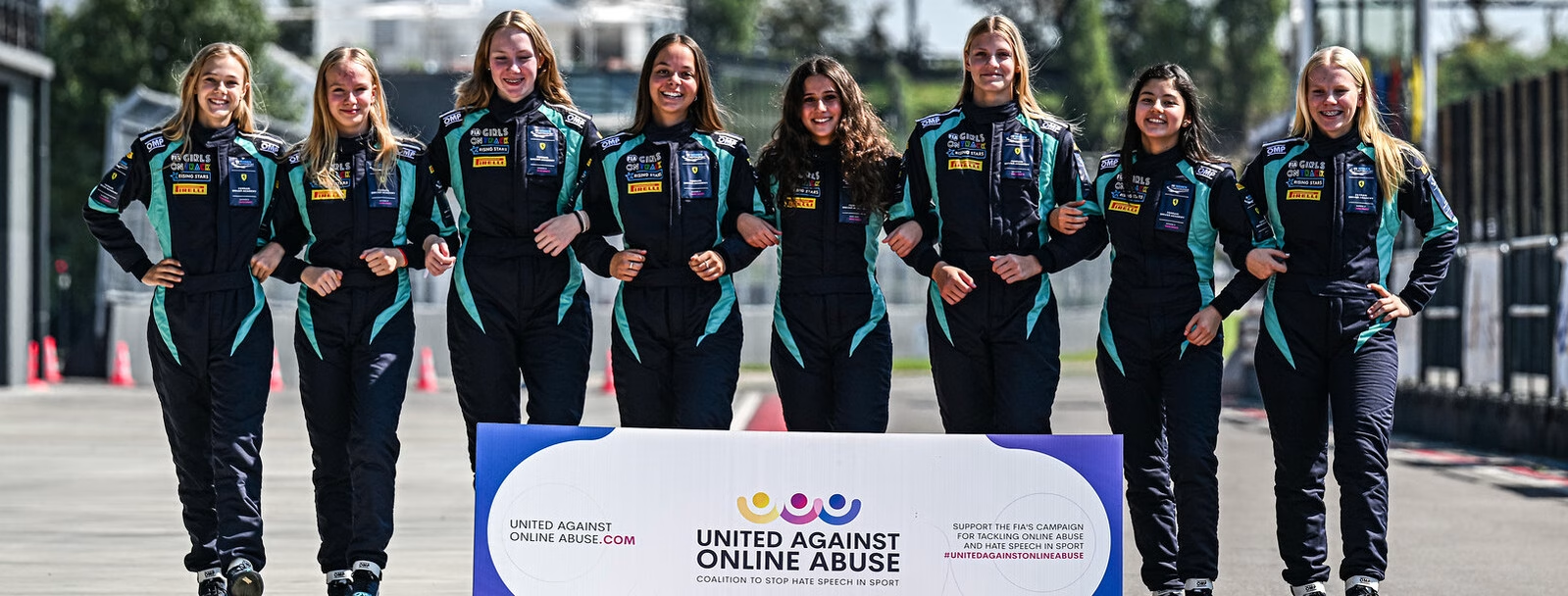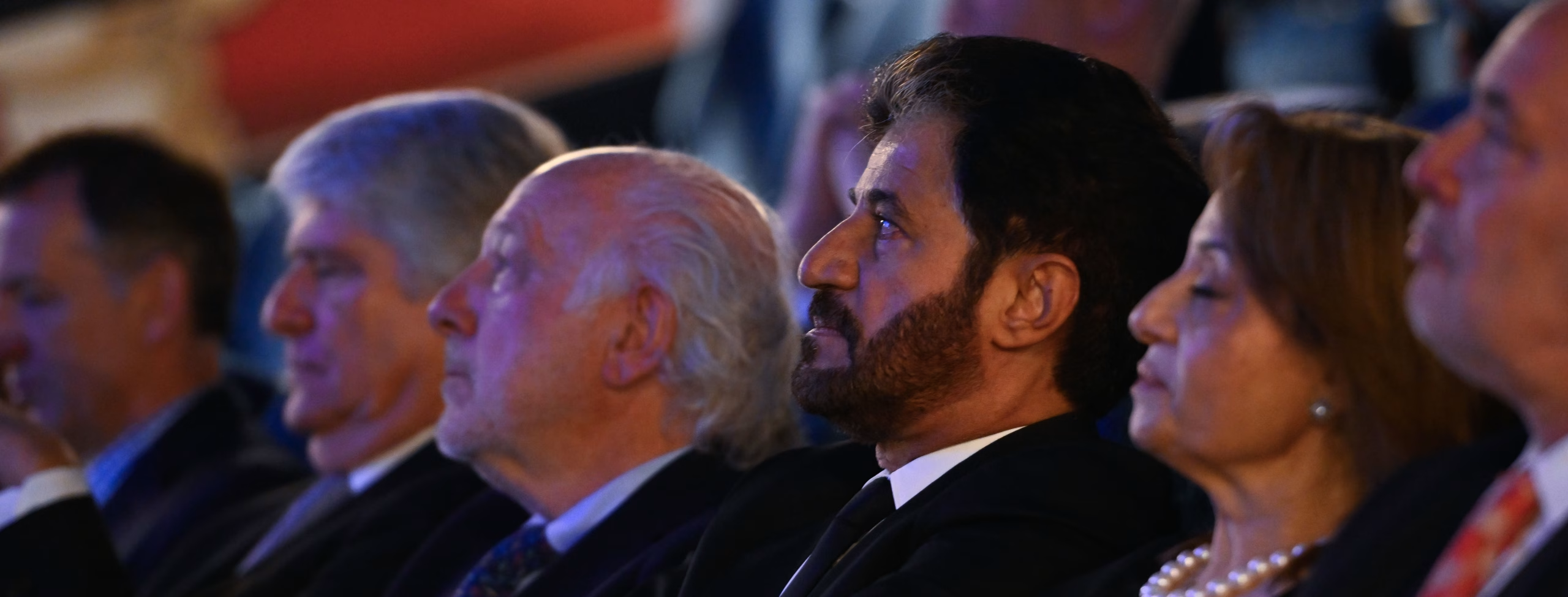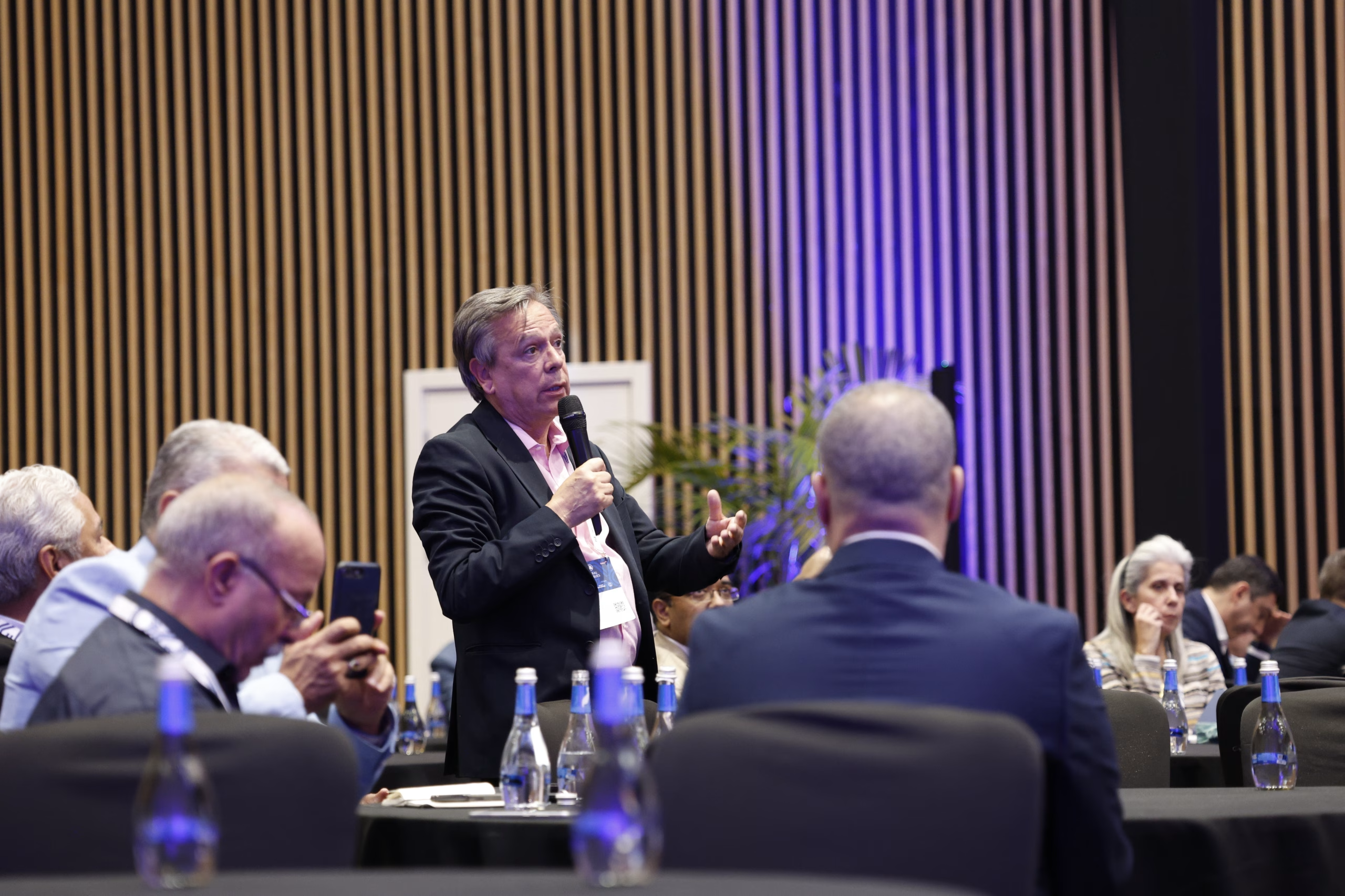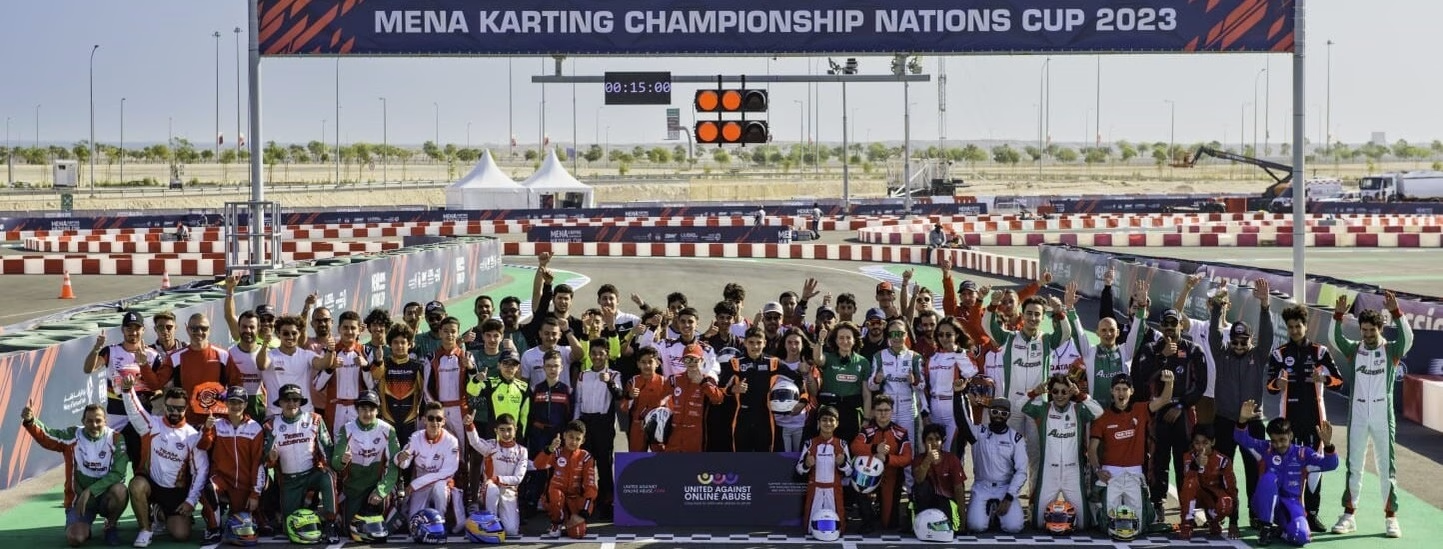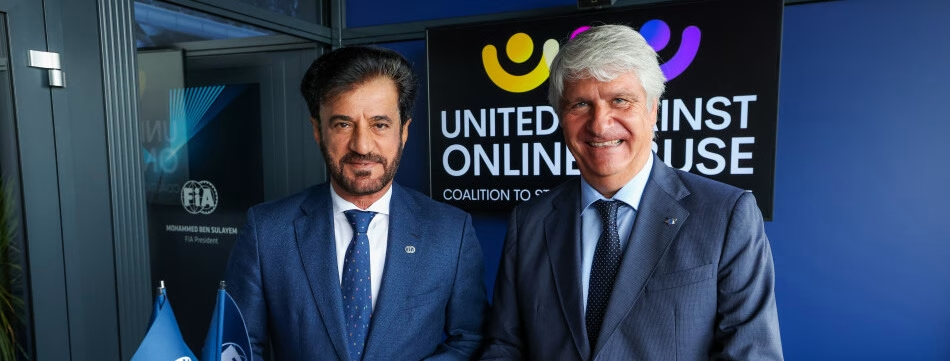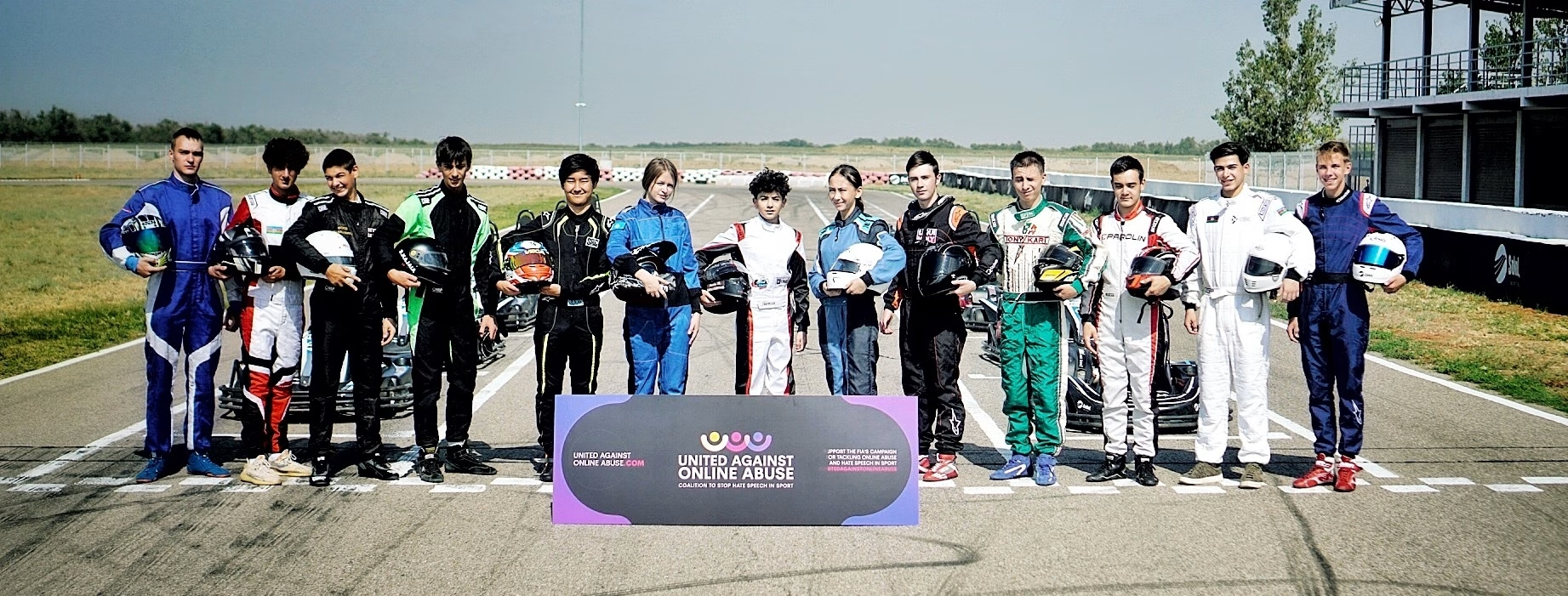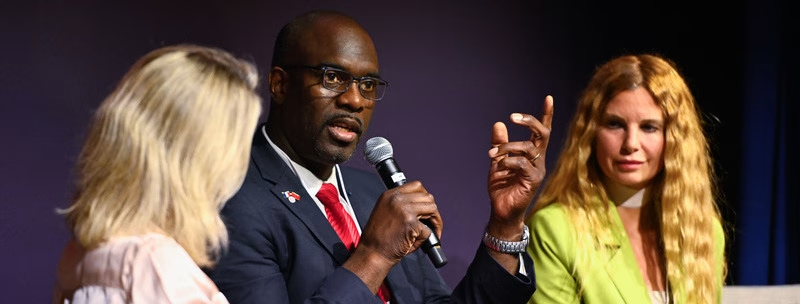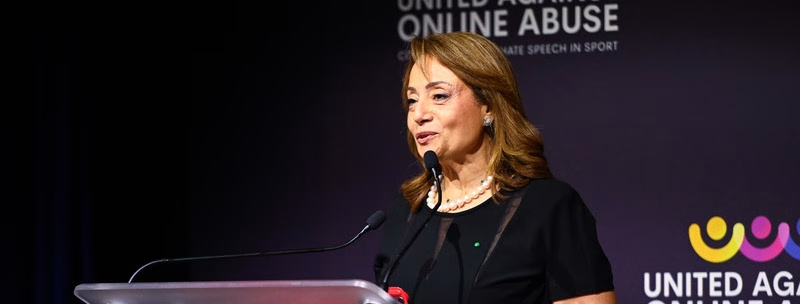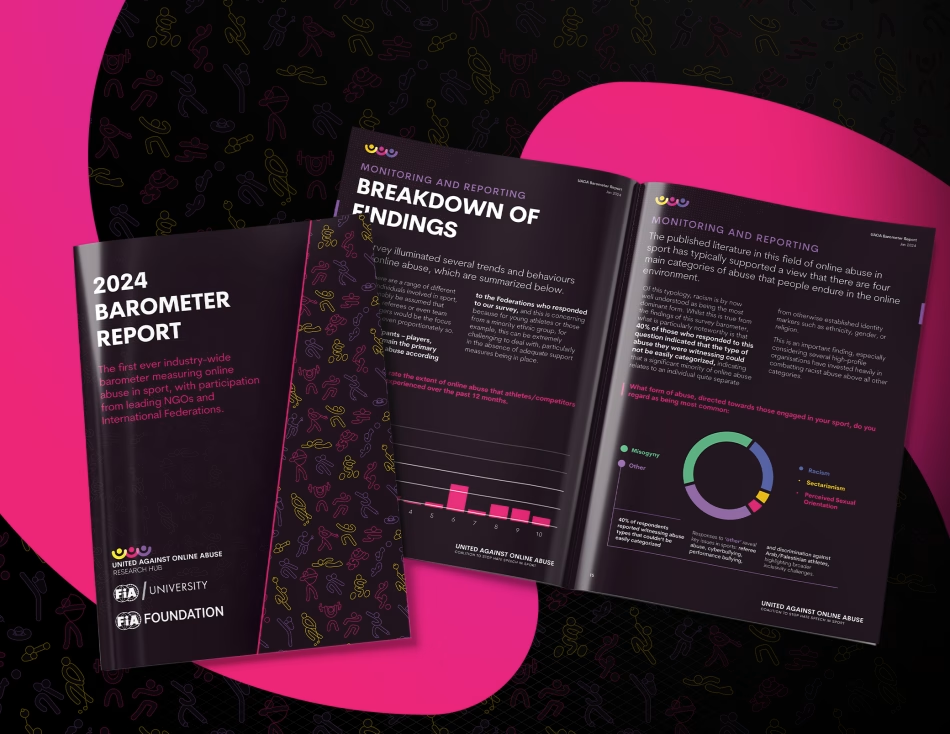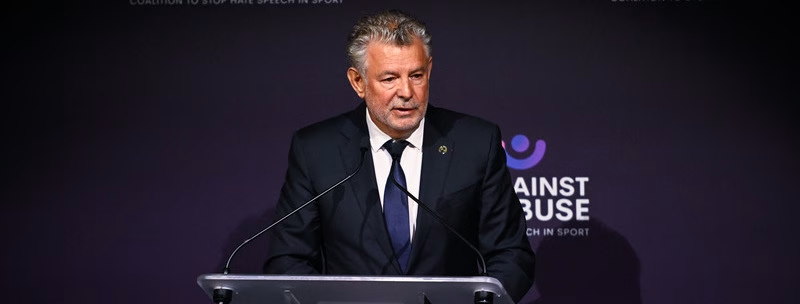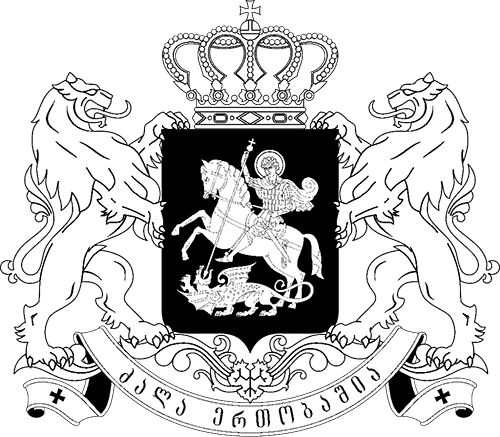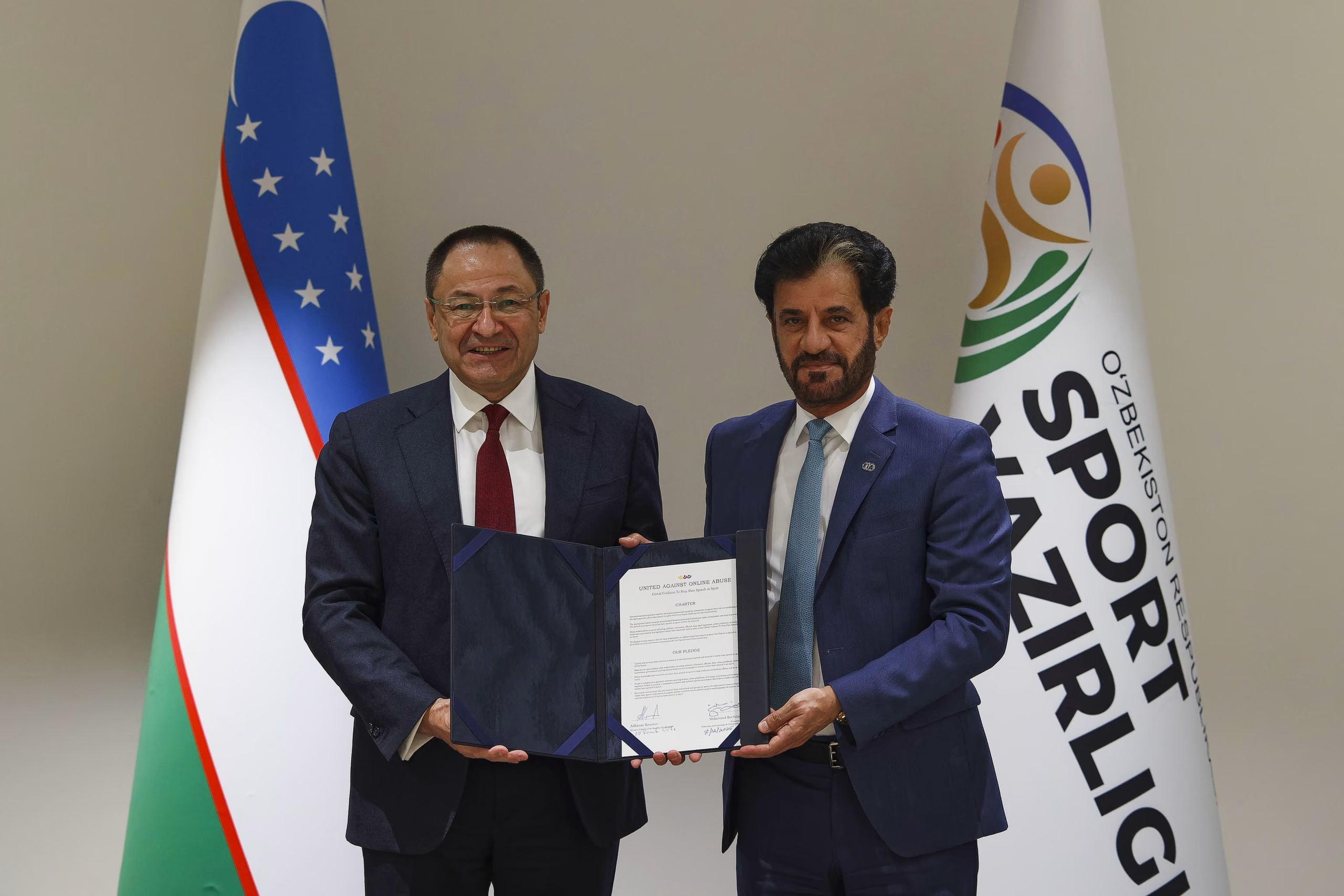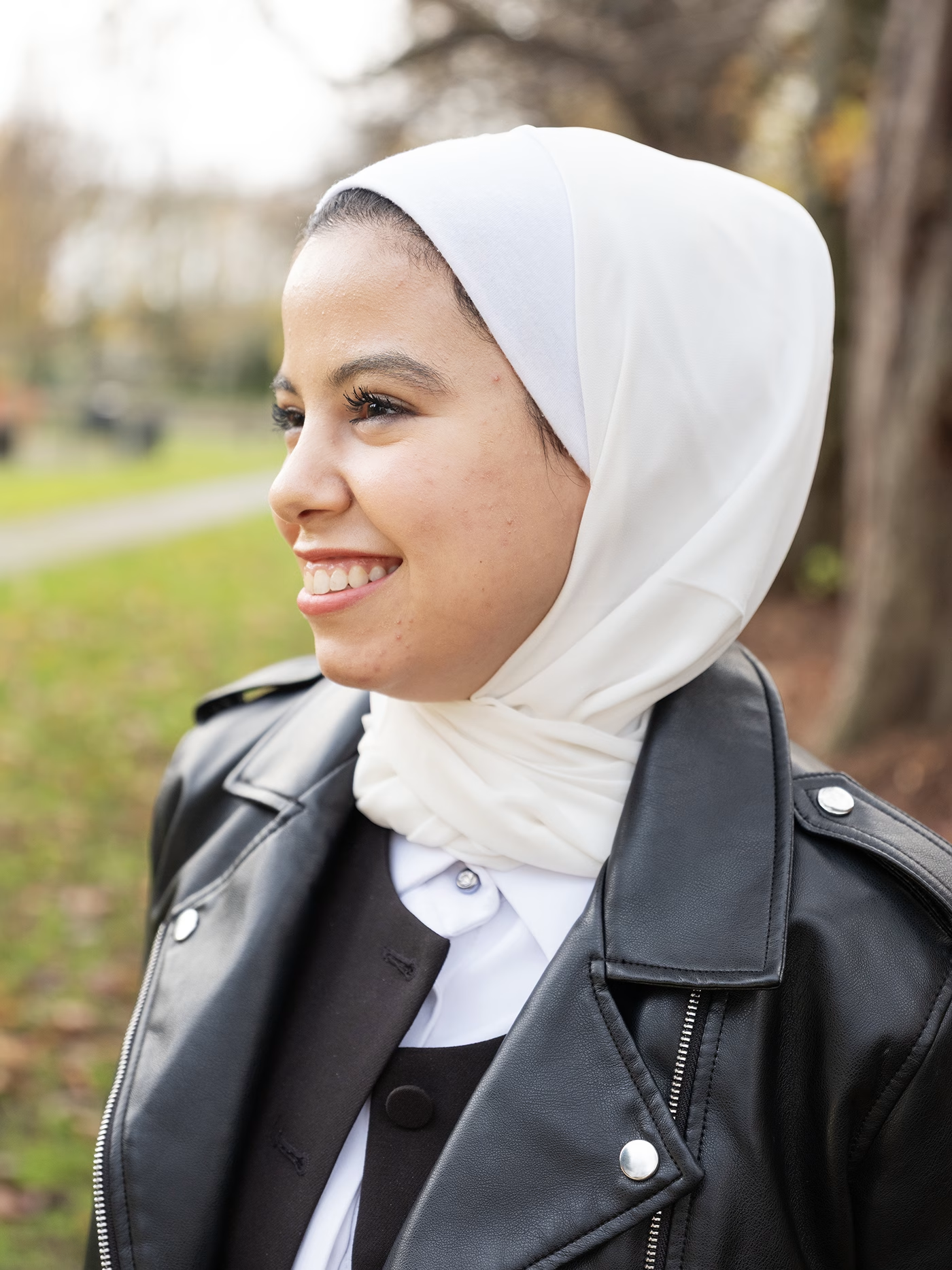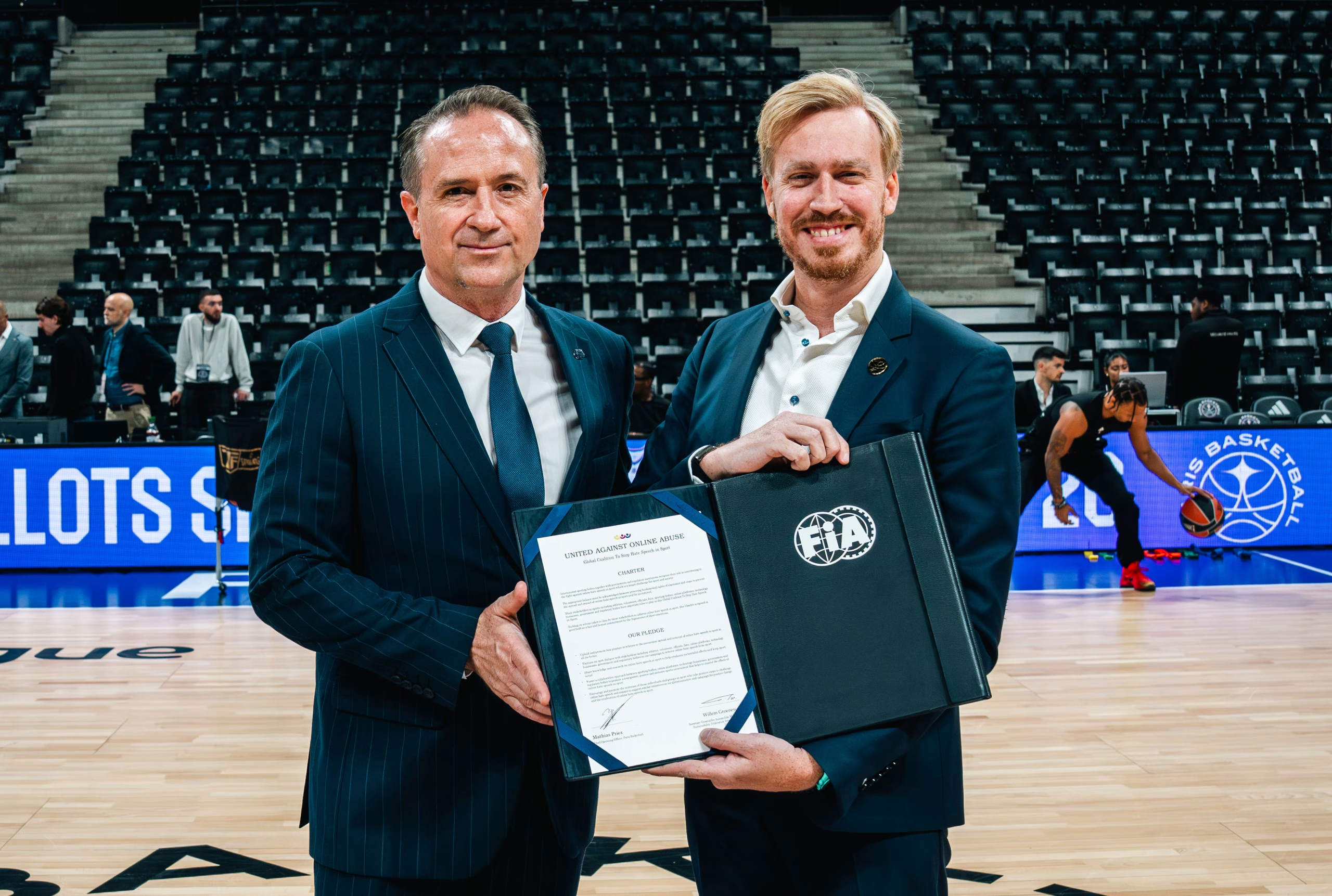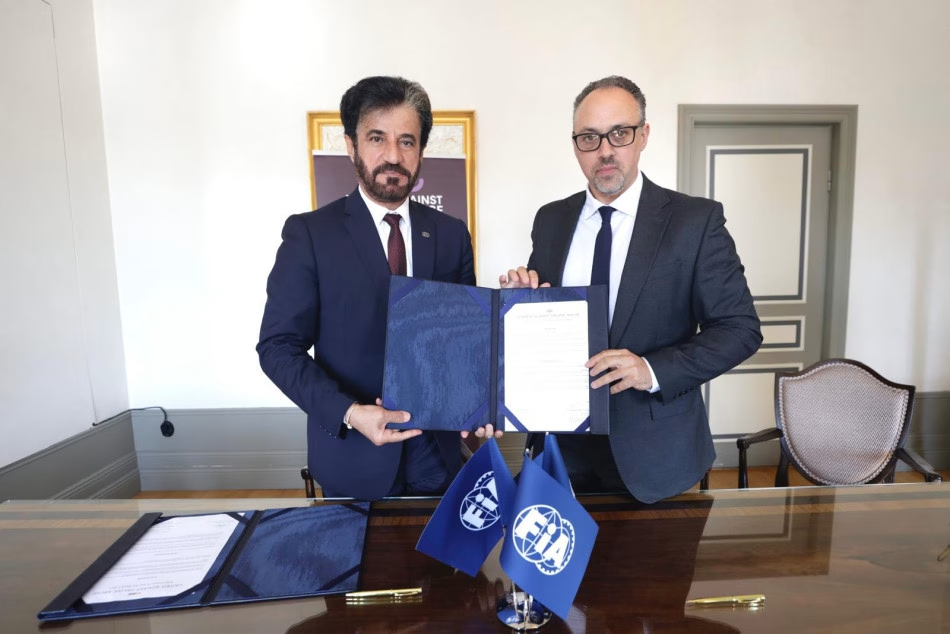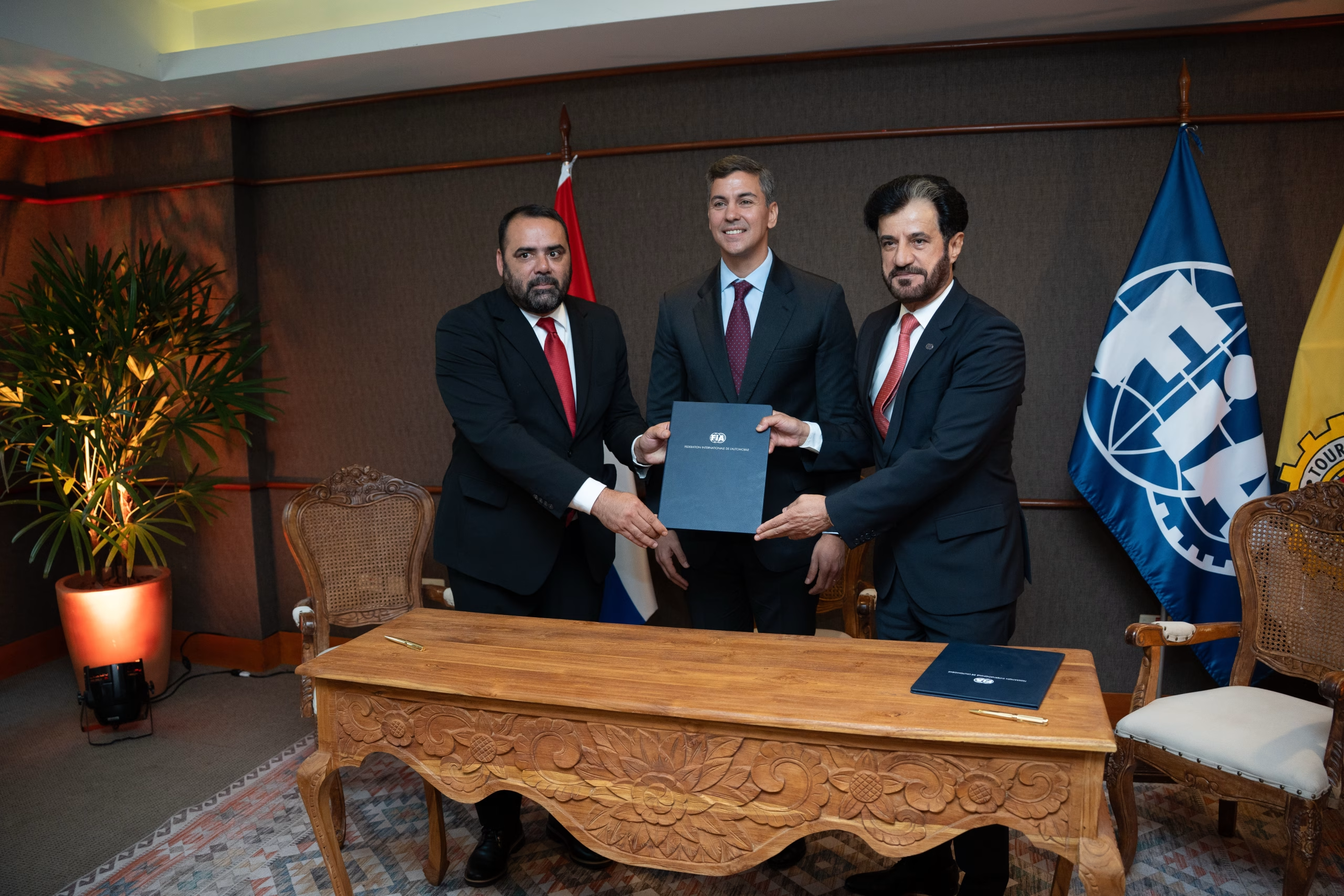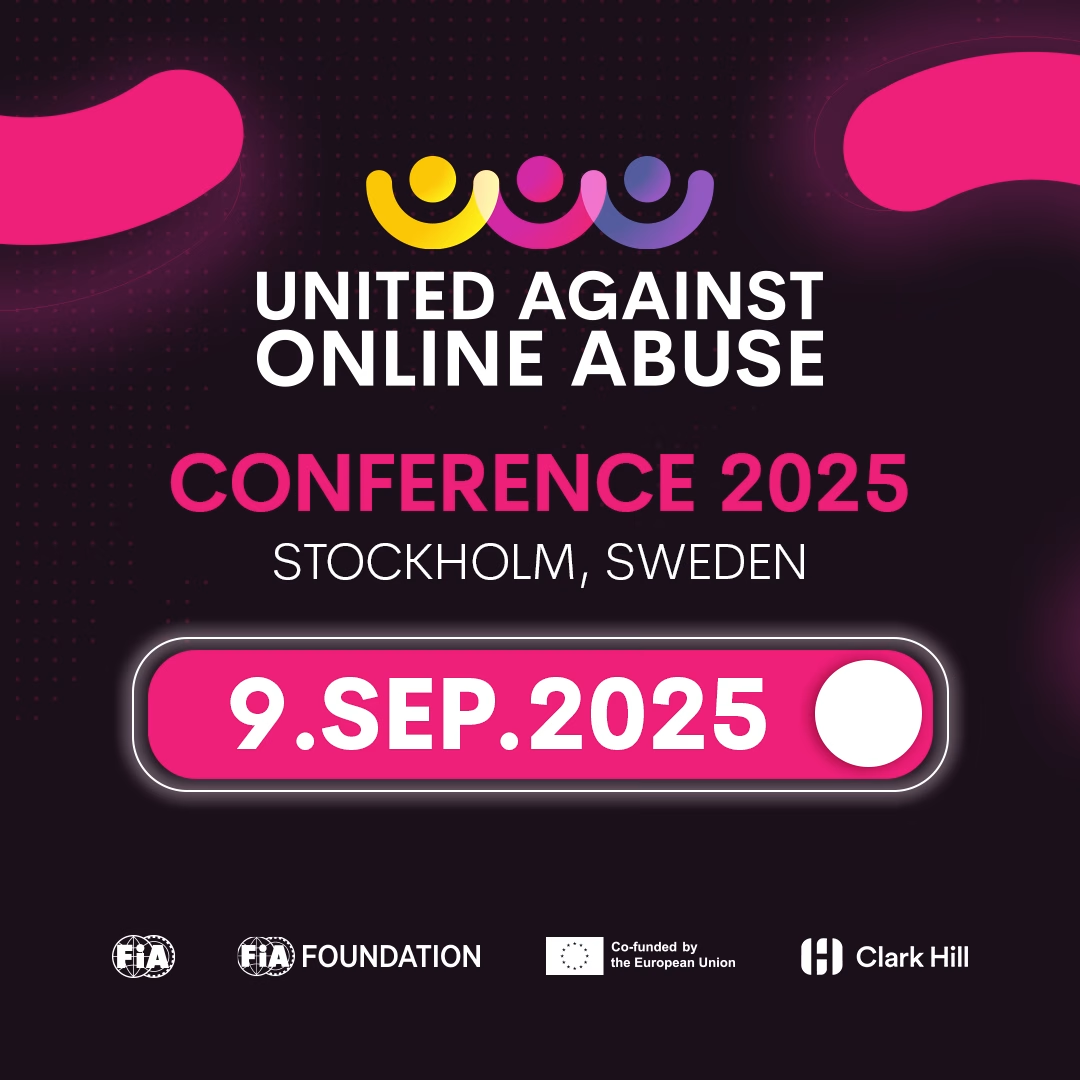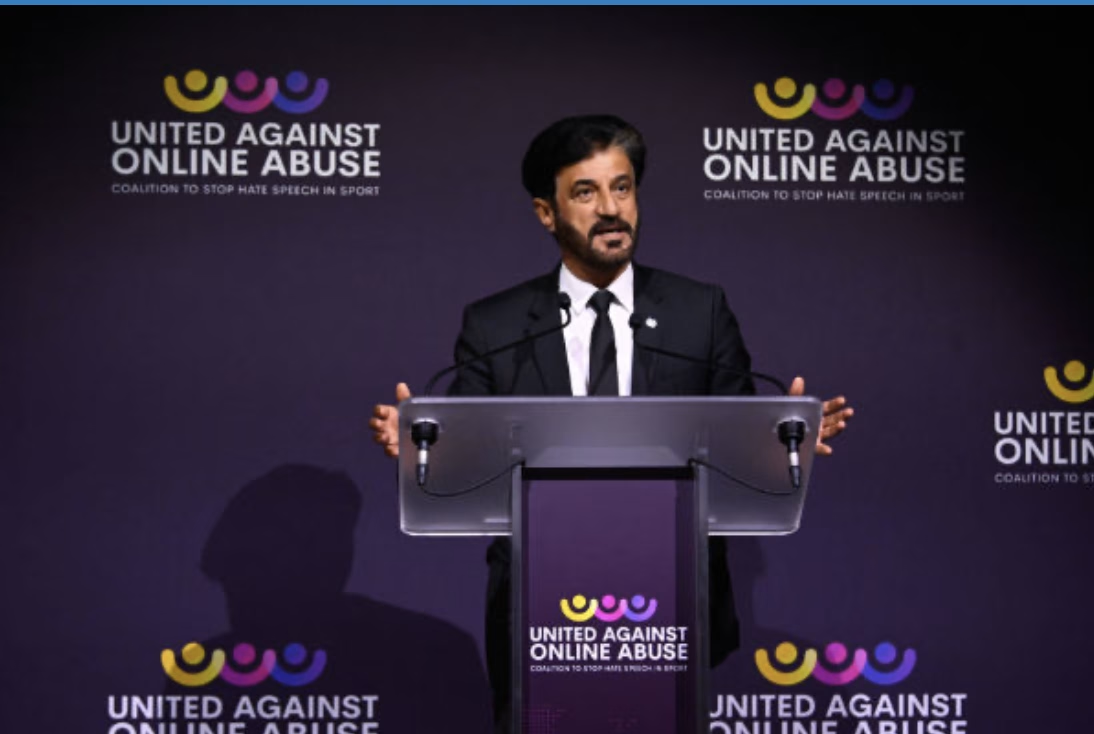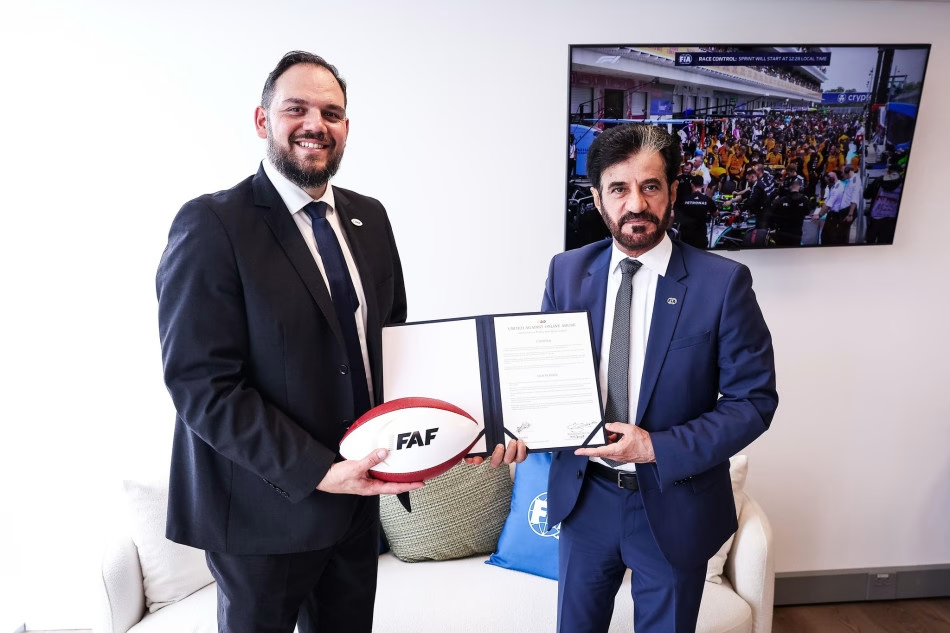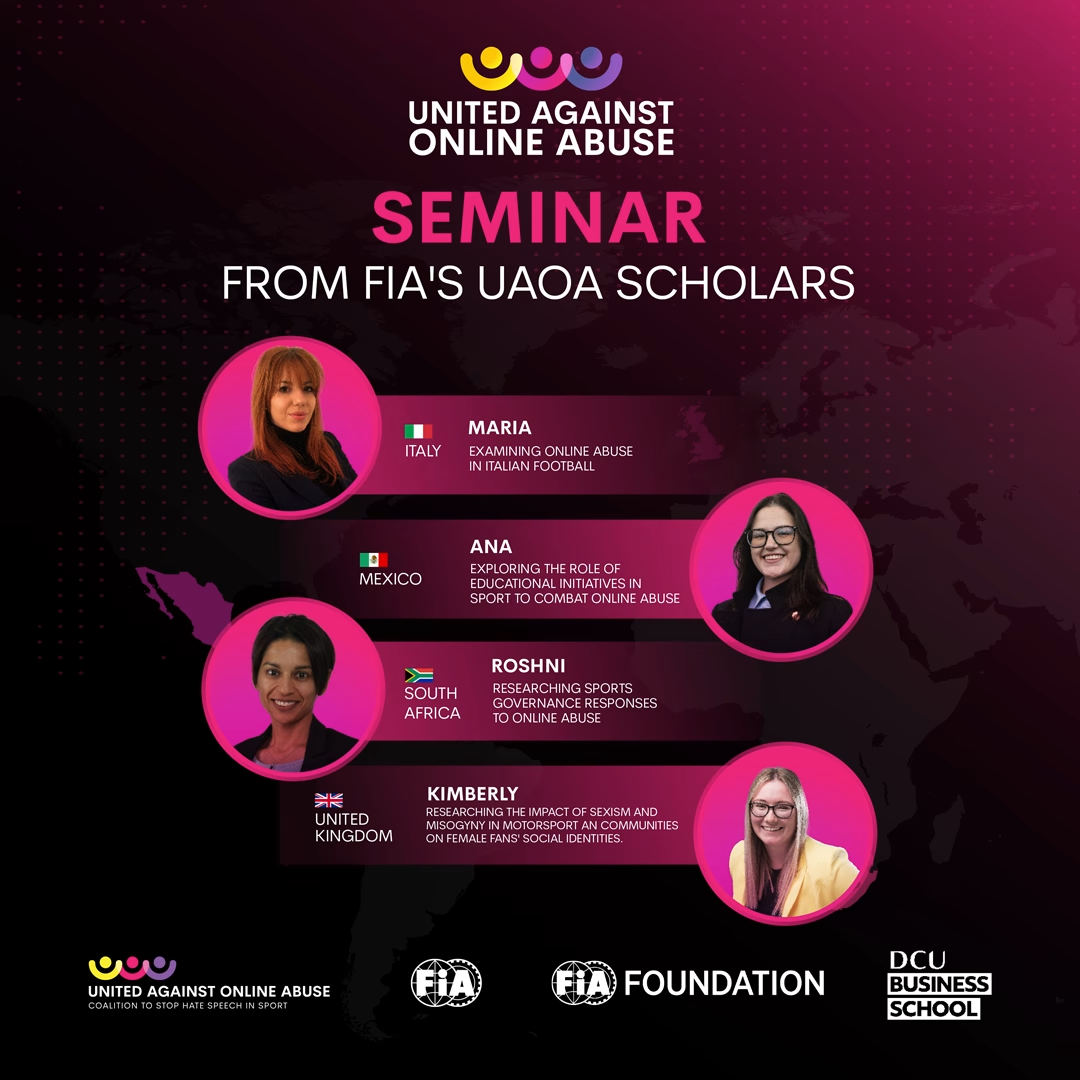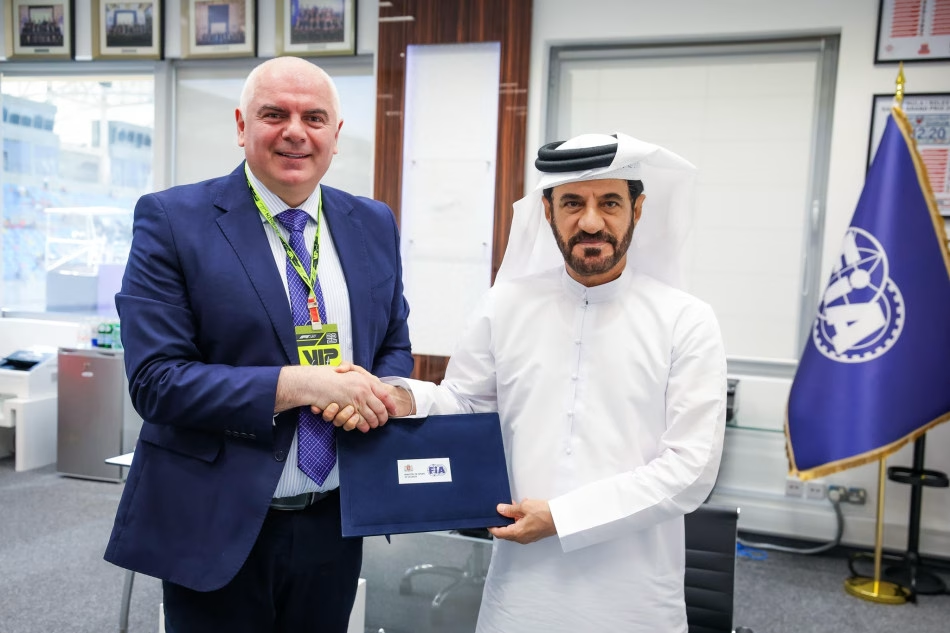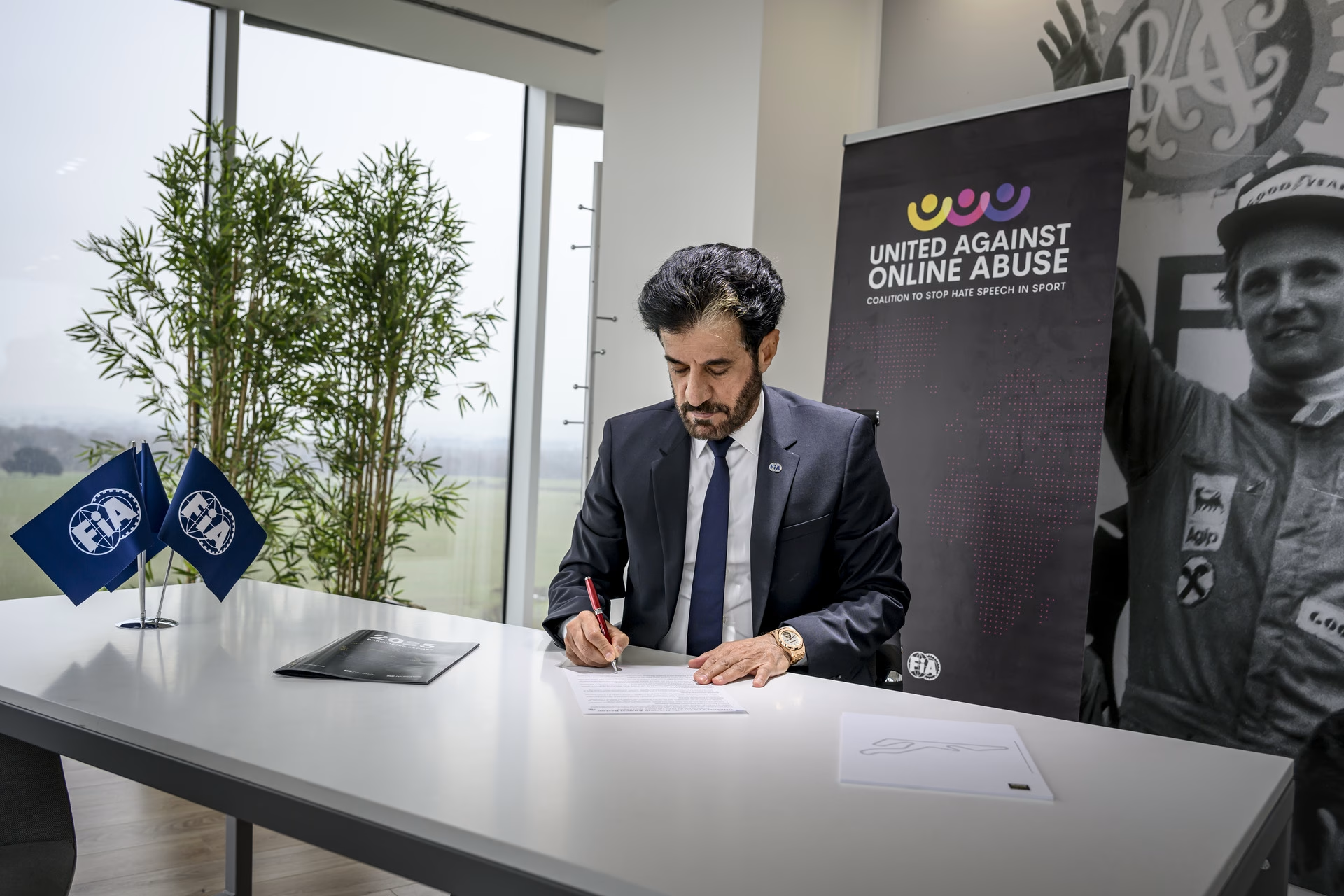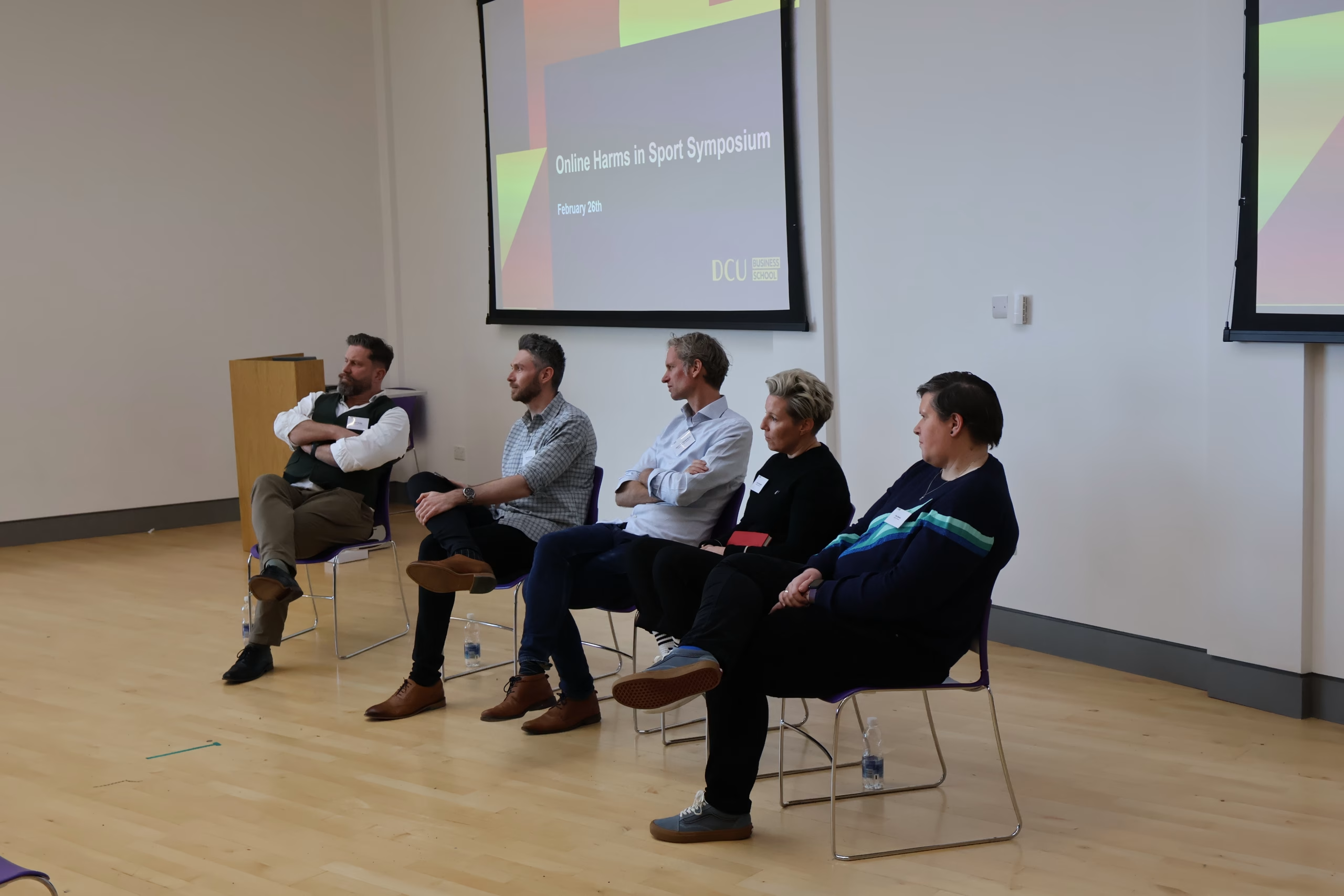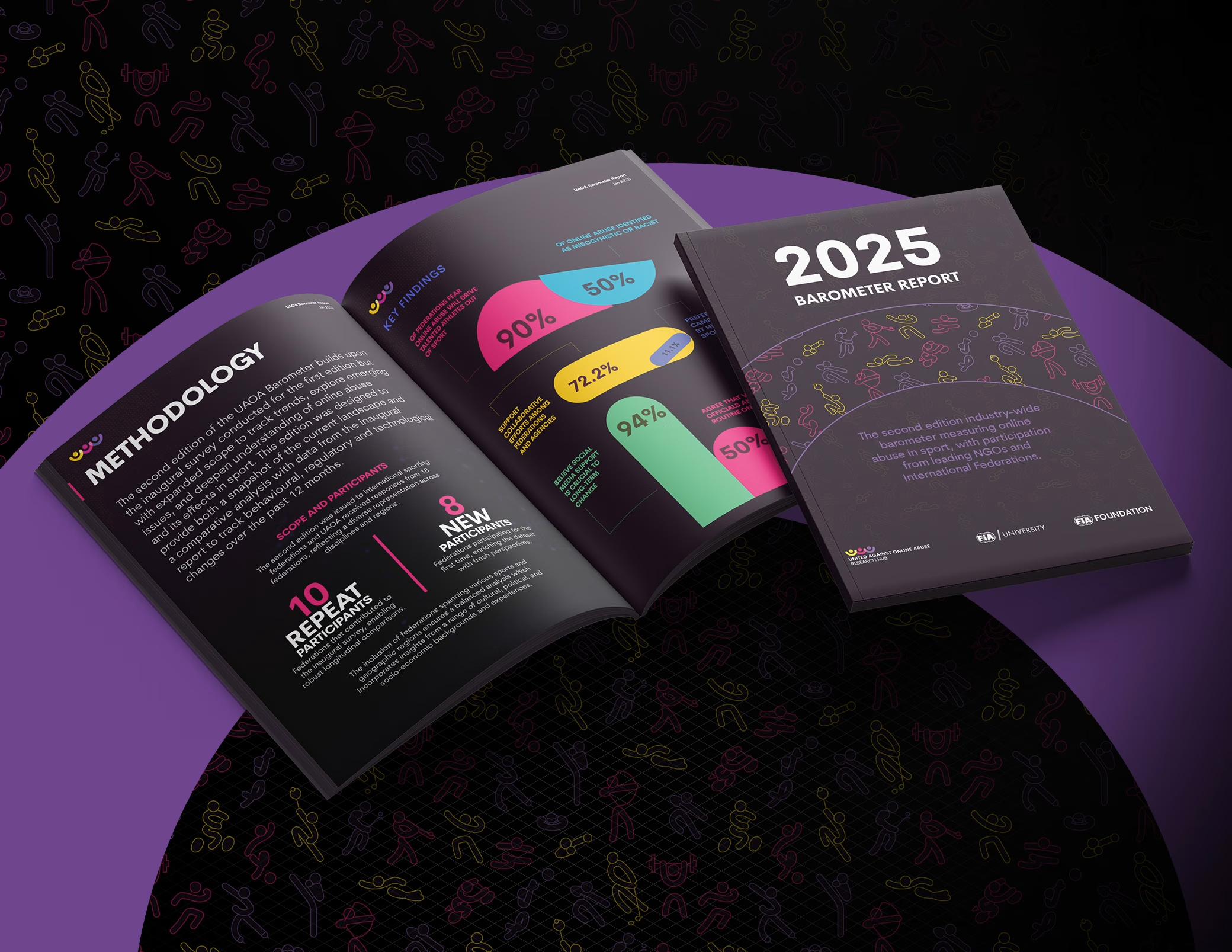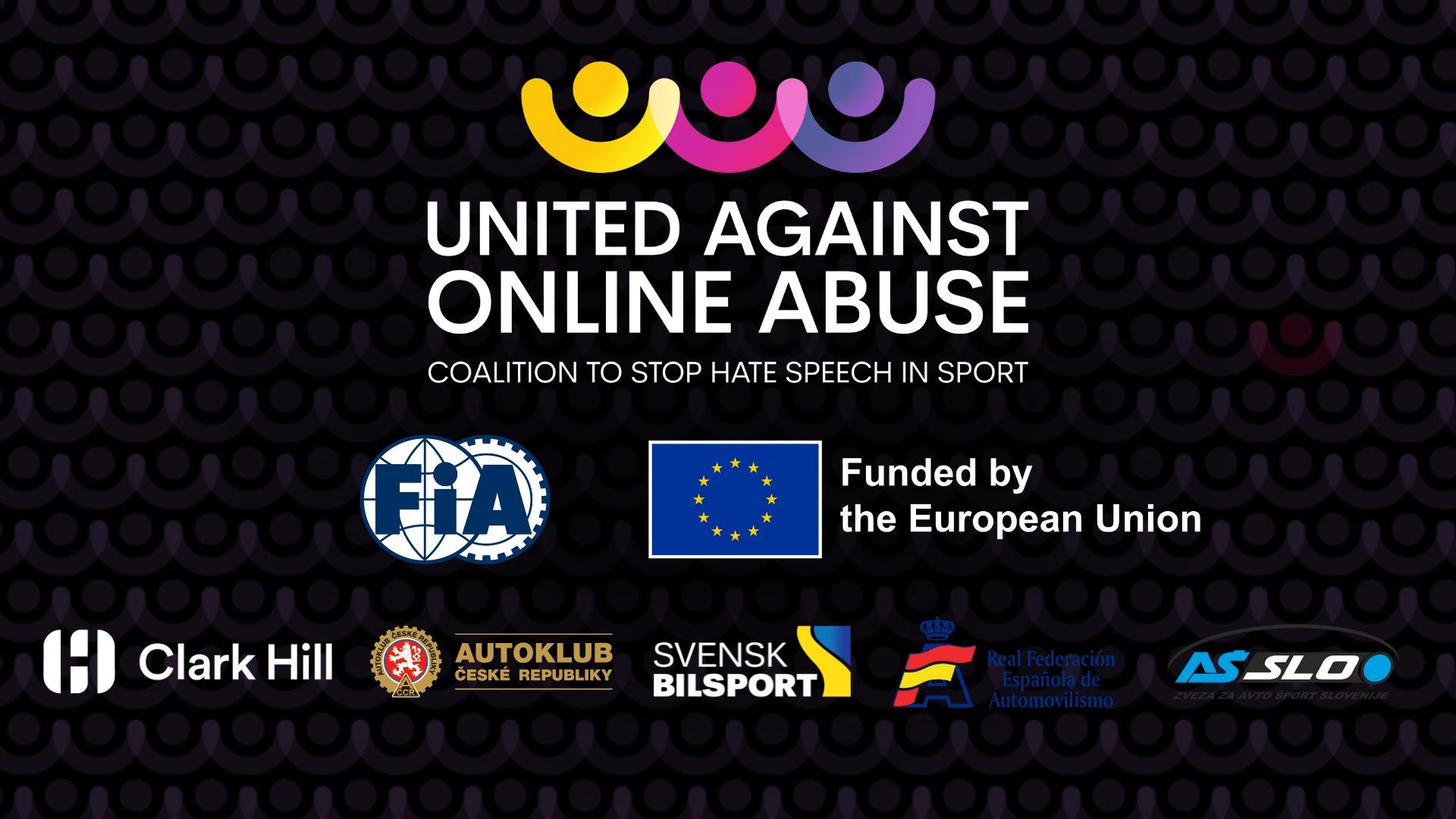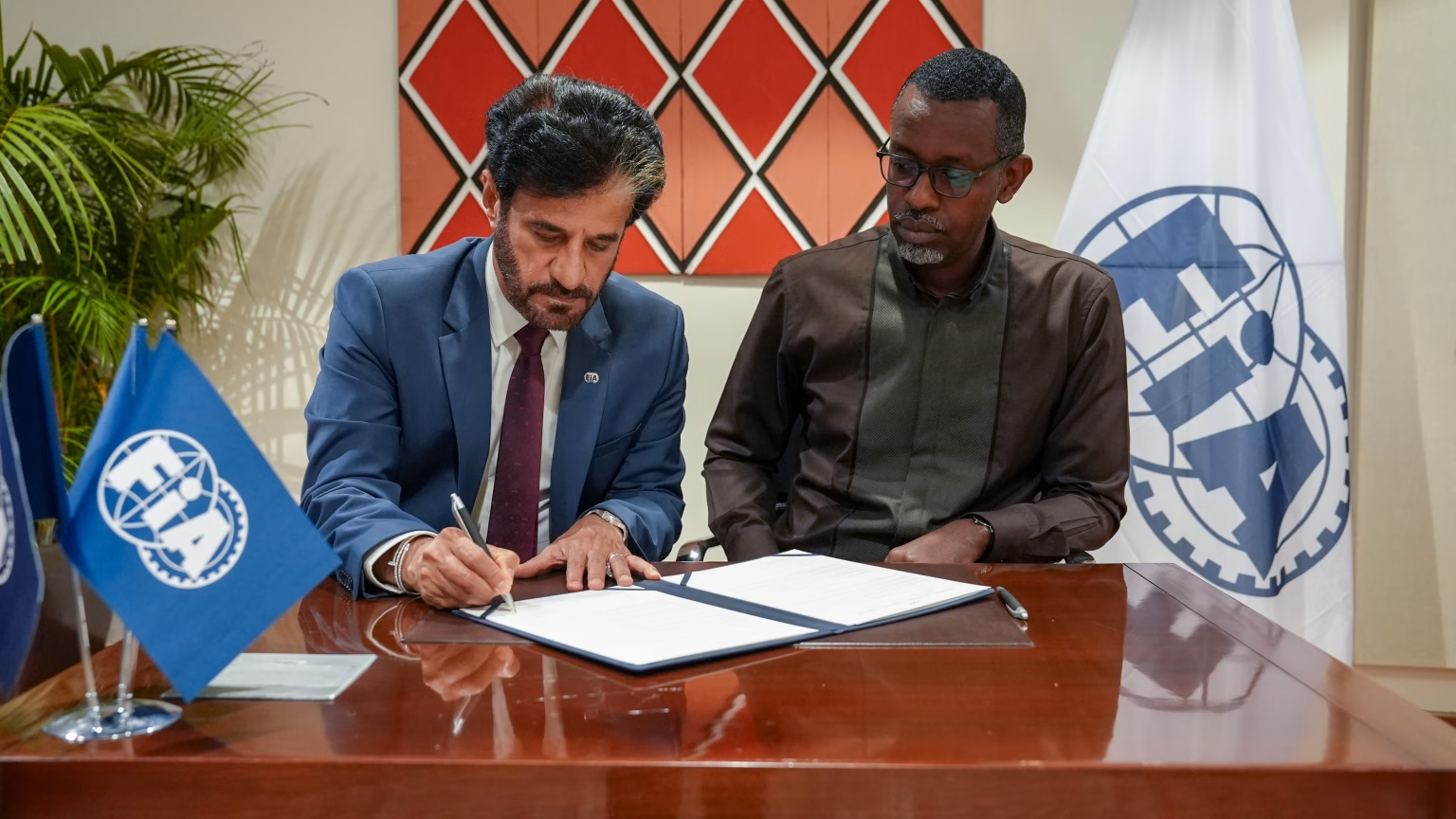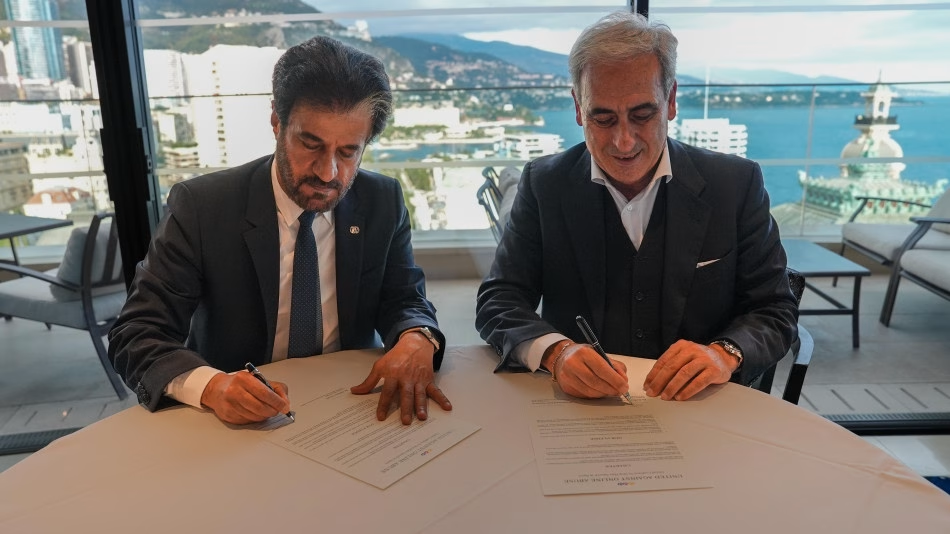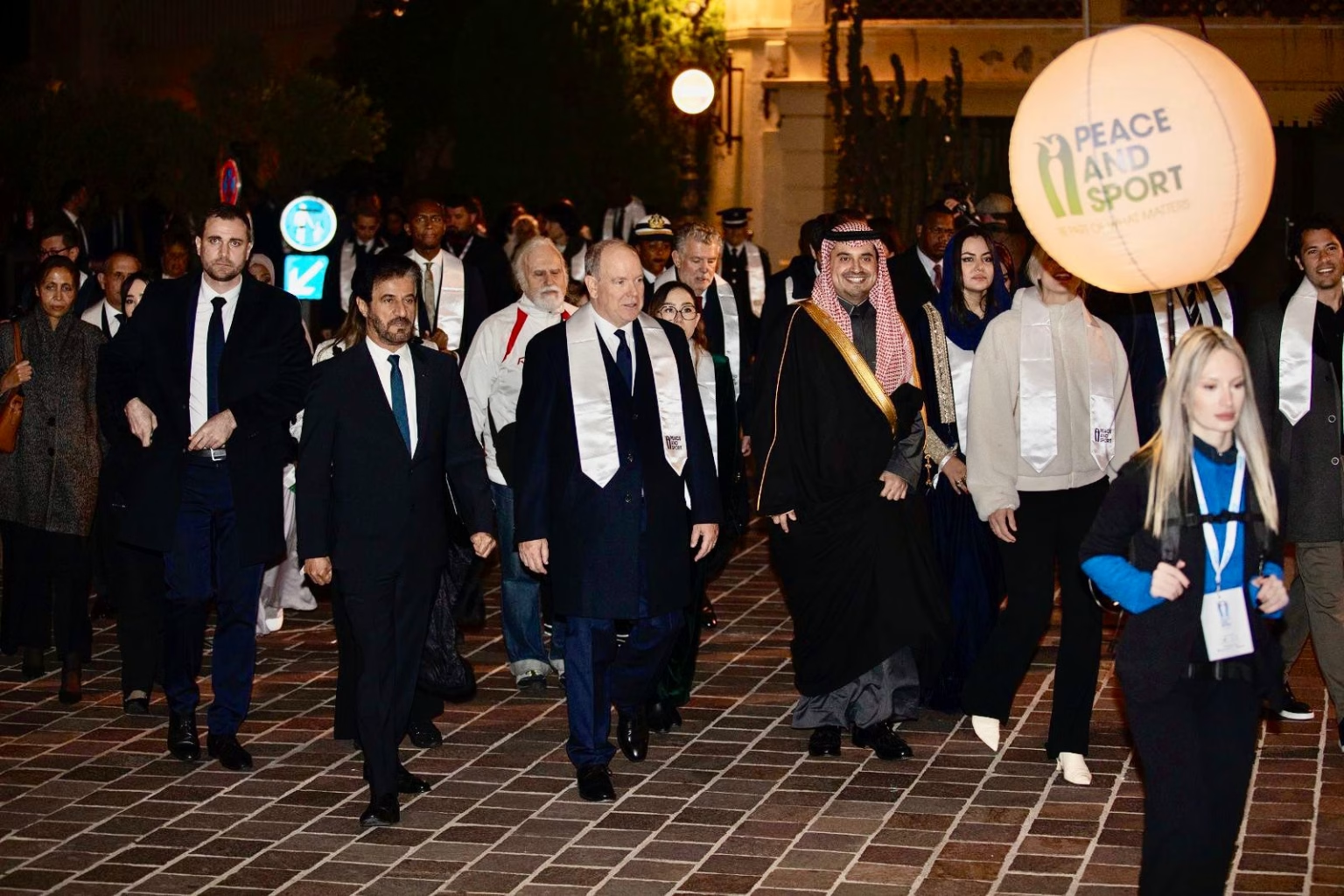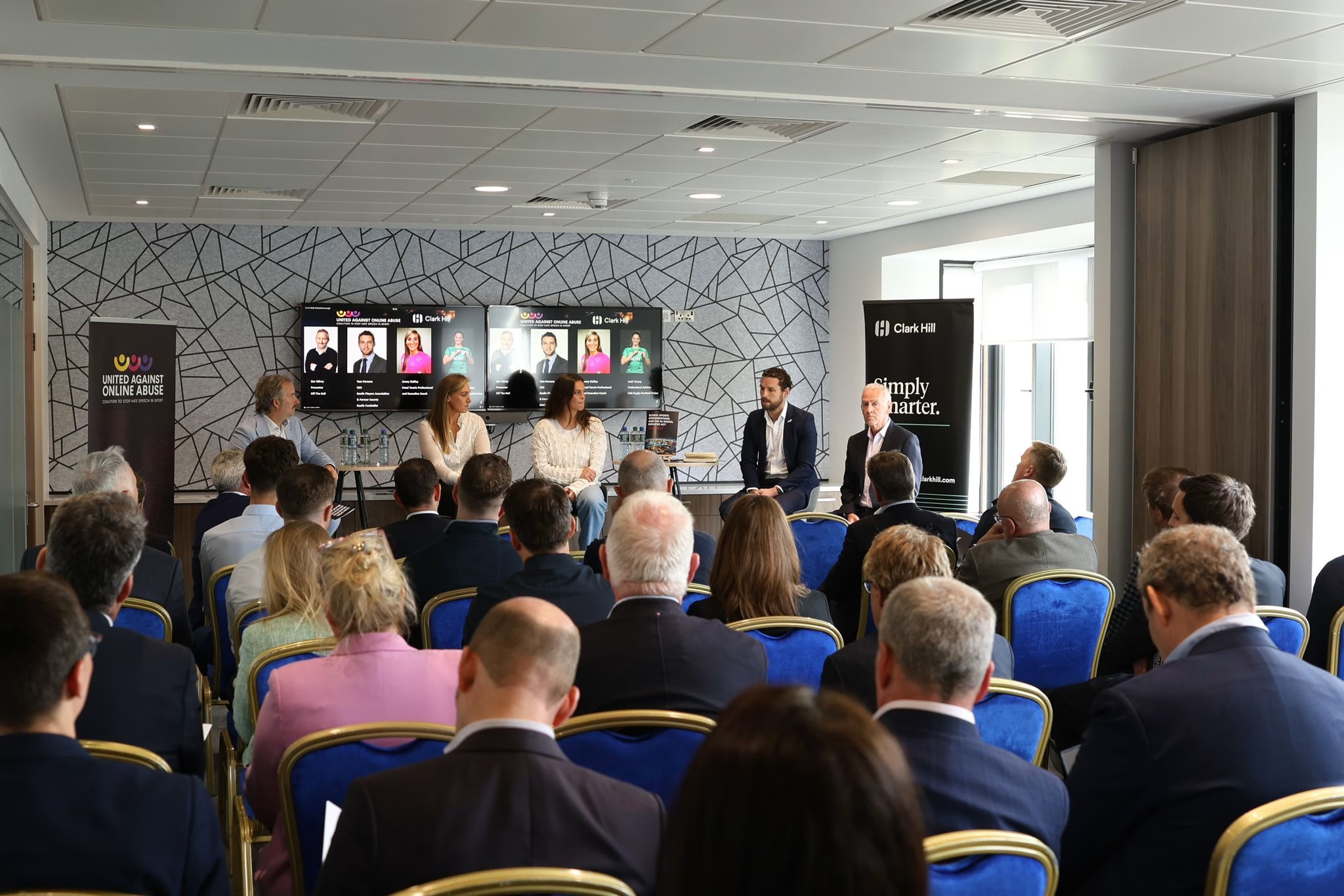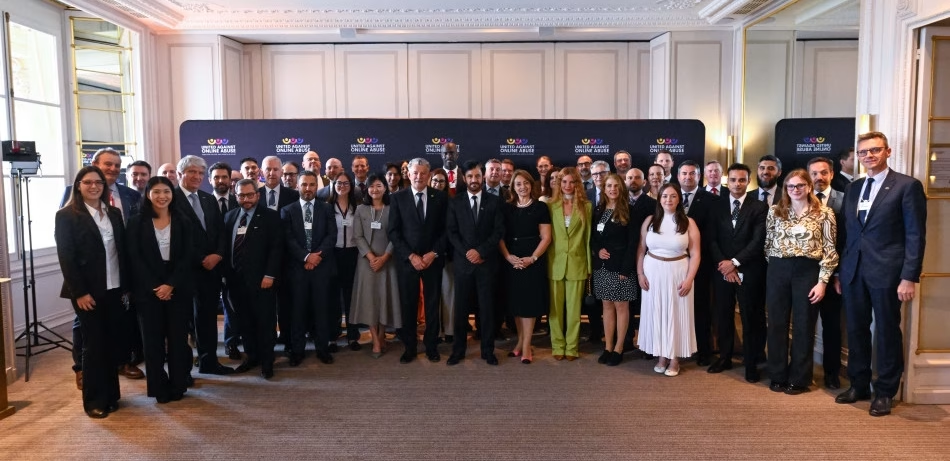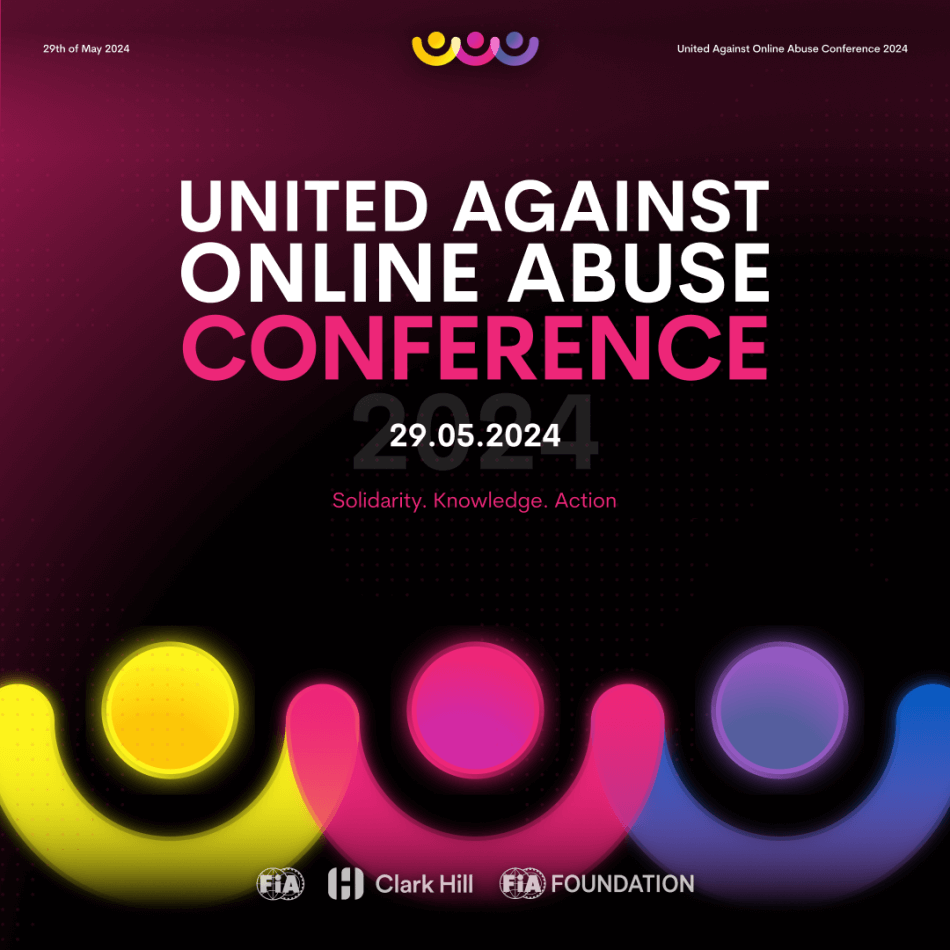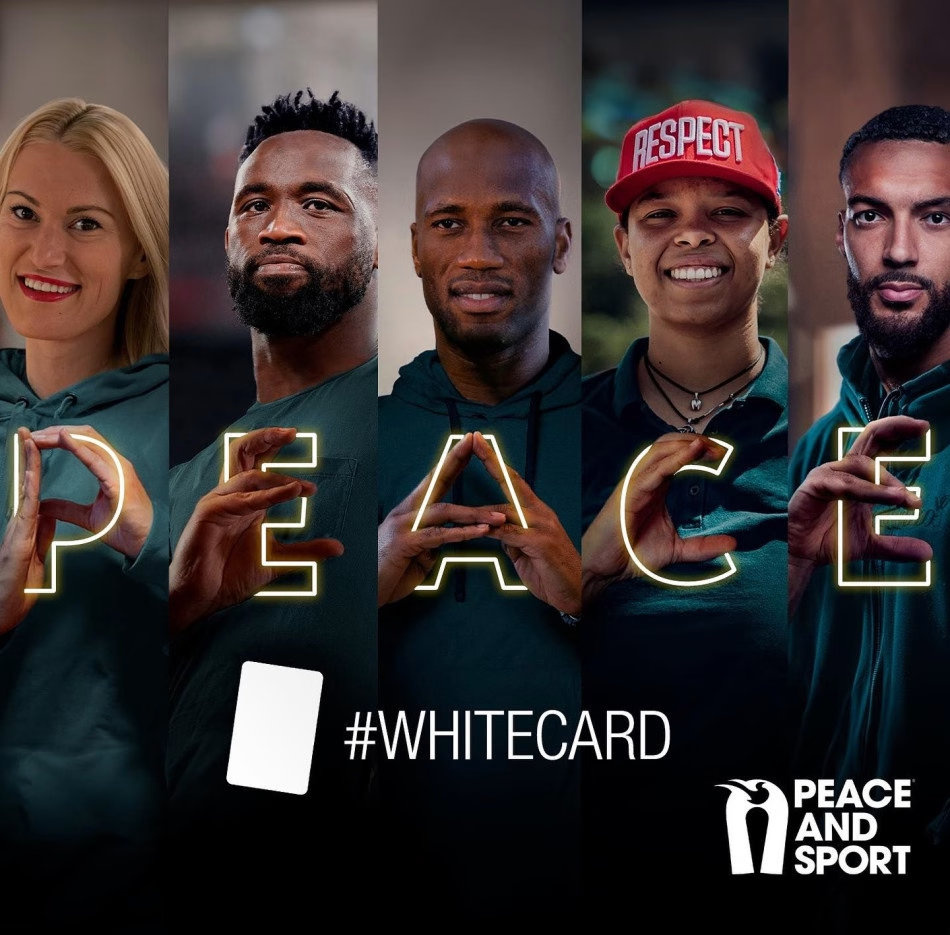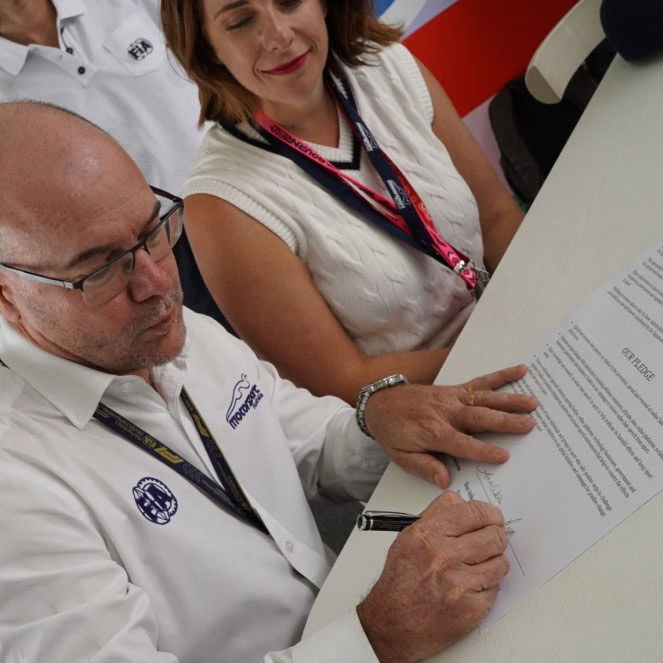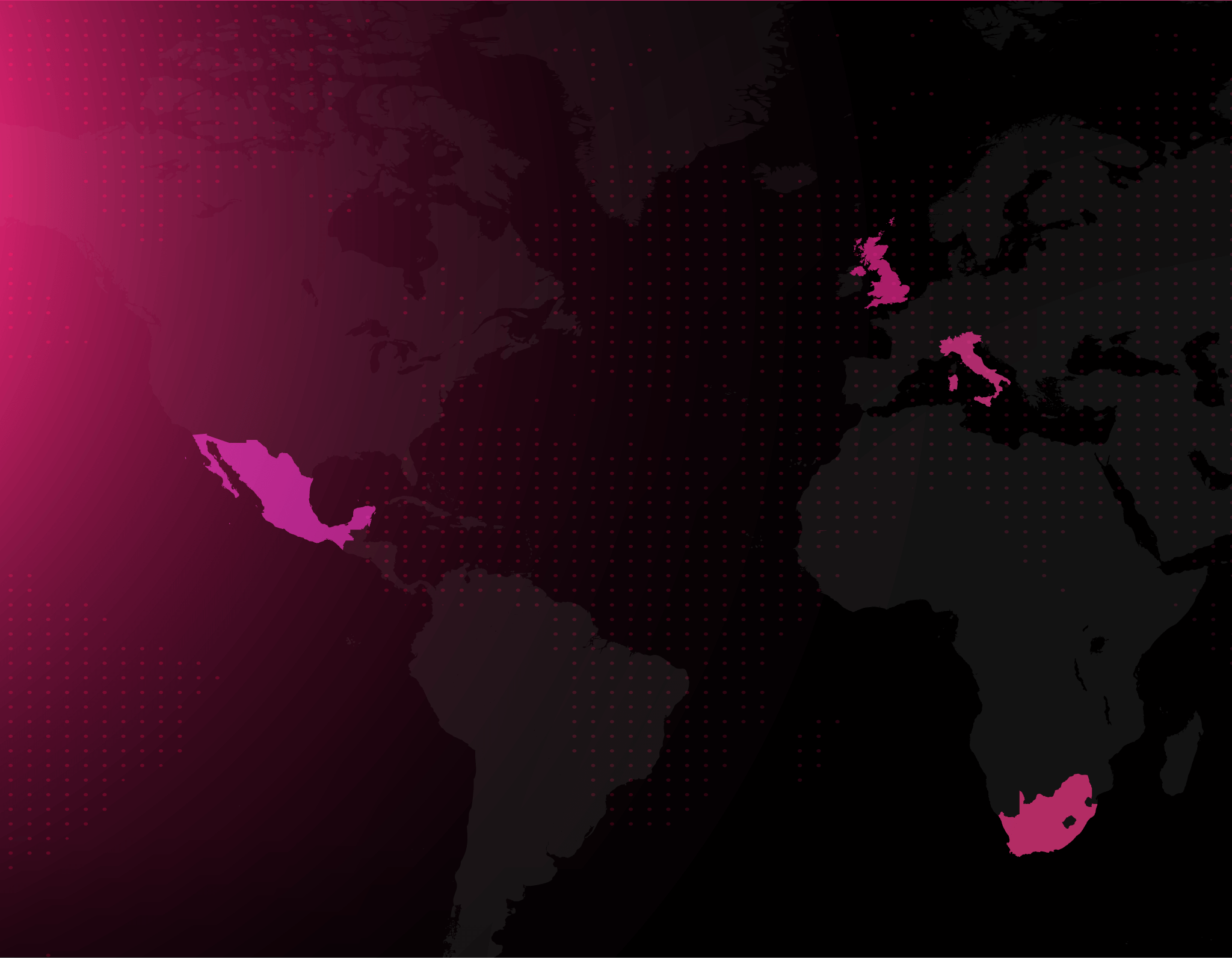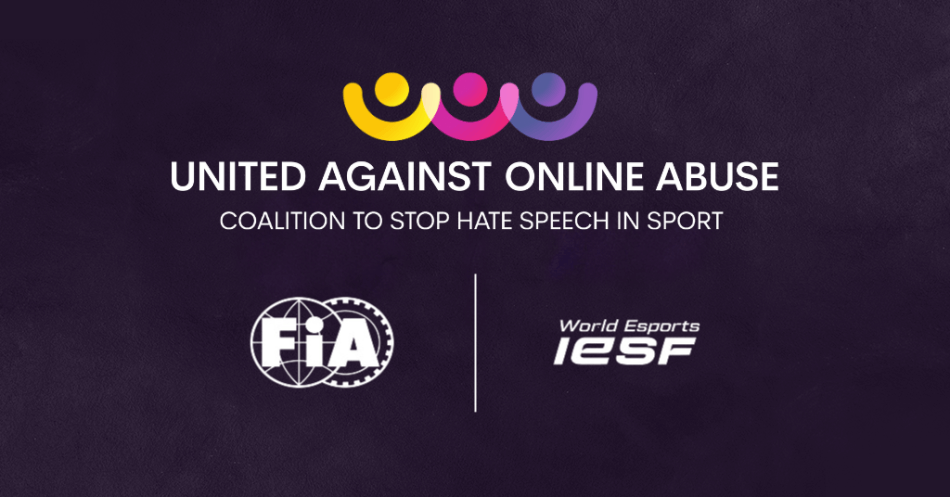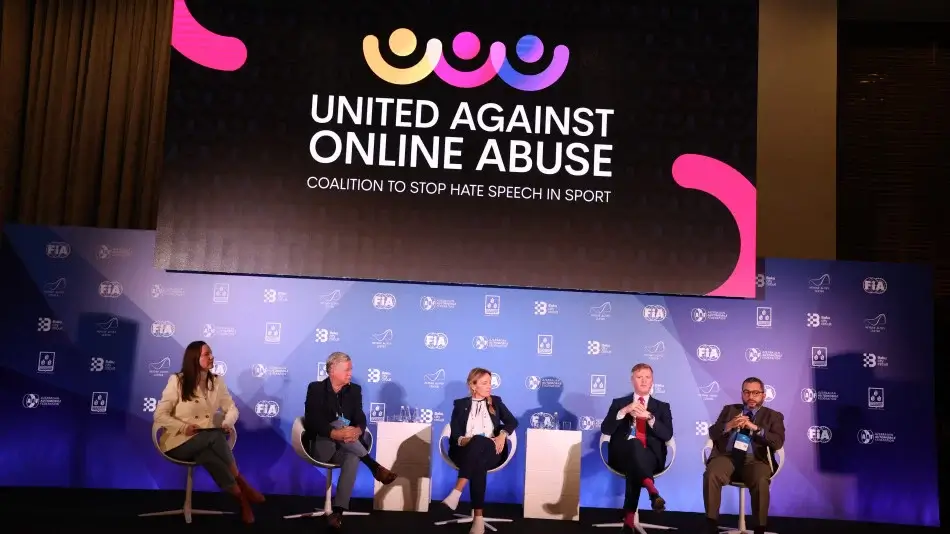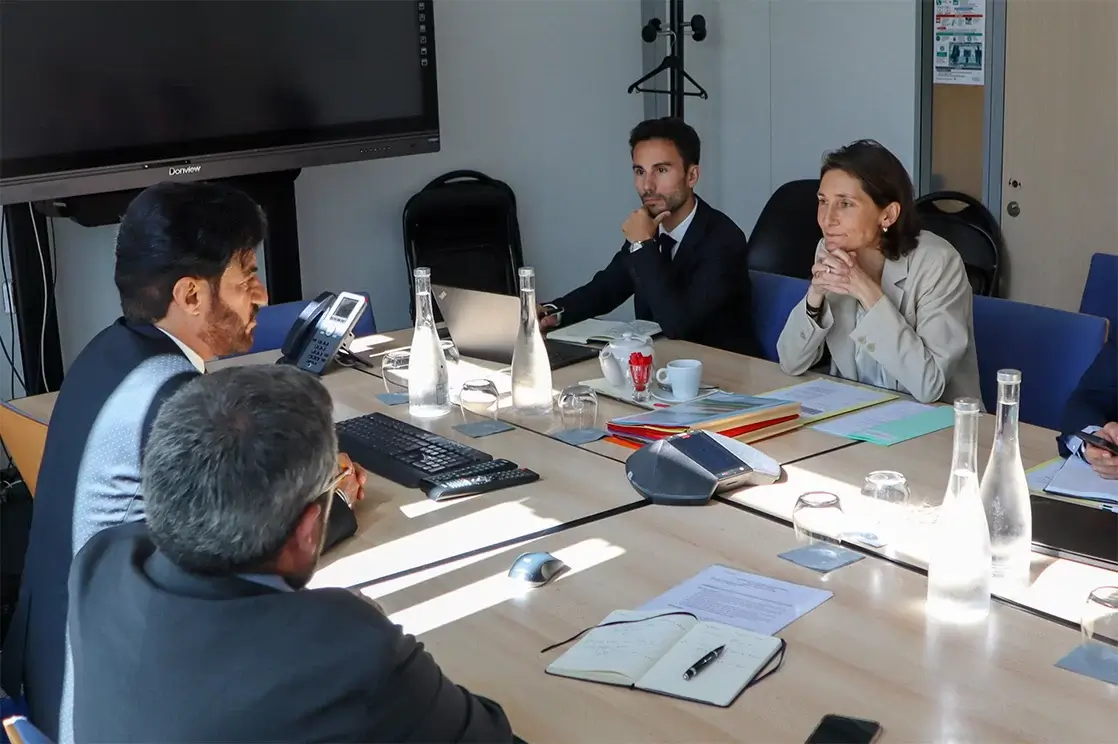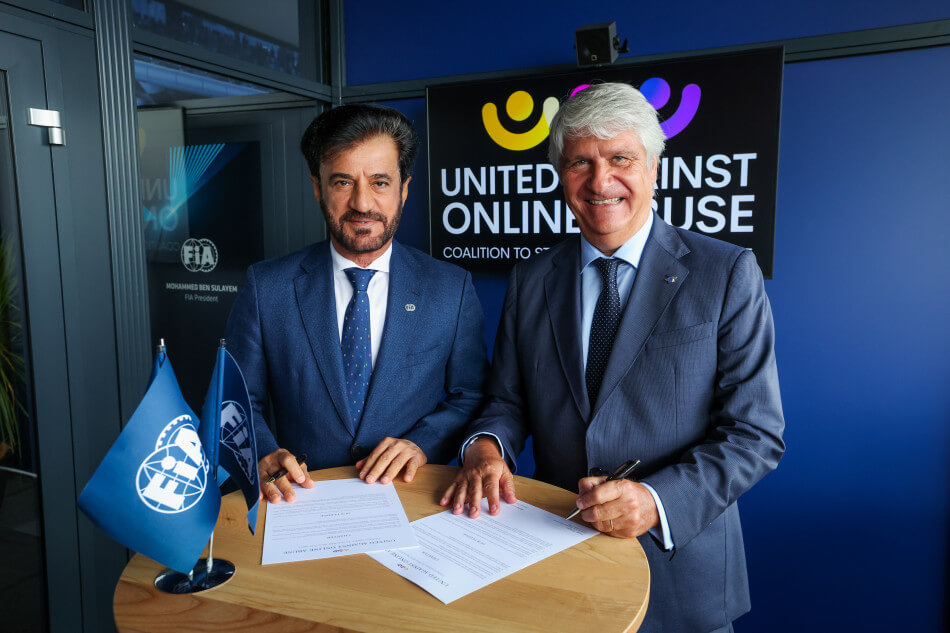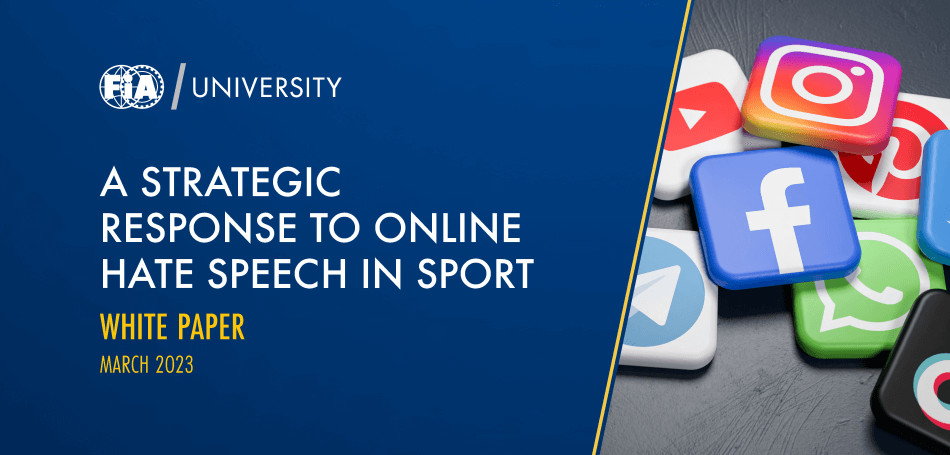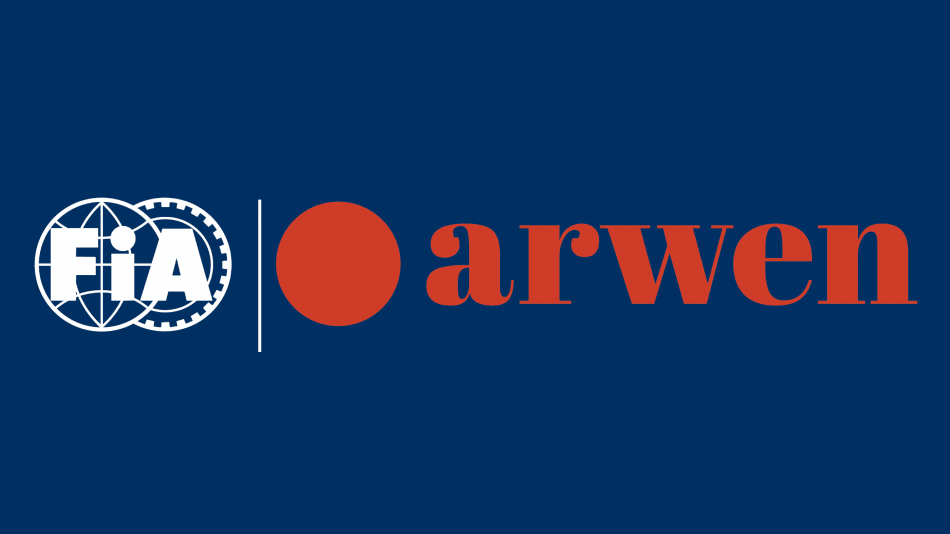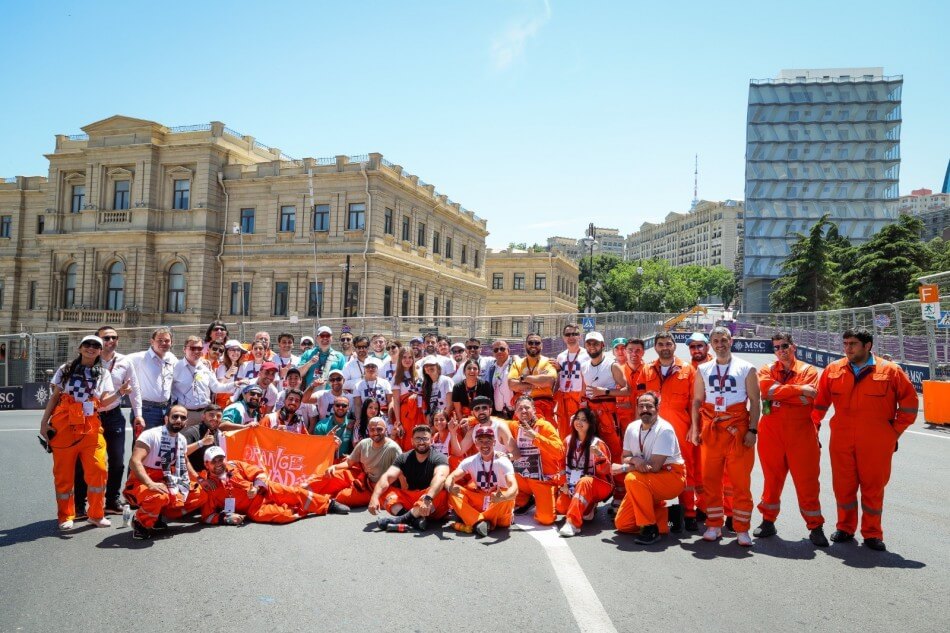United Against Online Abuse
Coalition to stop hate speech in sport
United Against Online Abuse (UAOA) is leading the fight to tackle online abuse in sport.
Founded by the FIA, we unite governments, sports bodies, and tech giants to protect athletes, officials, journalists and fans. Through pioneering research, powerful advocacy, and cutting-edge education initiatives we’re ensuring sport remains a safe, inclusive, and respectful space for all.
Join us to stand against online abuse, drive meaningful change, and be part of the solution.
Our Funders and Awards


Our key pillars

Stronger together
Success will come if the global sport ecosystem stands together to combat this problem. Our partnership is a powerful, consistent presence across all platforms.

Evidence Based
Conduct and publish research, via the FIA University, on the underexplored topic of online abuse in sport, and provide a platform for knowledge sharing, education, and prevention.

Committed to Action
Create an international coalition where all relevant stakeholders can discuss, agree, and advance concrete solutions to combat digital hate and abuse in sport. Focusing on legal prosecutions and supporting victims with relevant after-care.

Our partners
Timeline
Frequently asked questions
What is online hate speech?
Whilst ‘hate speech’ has no single agreed definition it is most commonly understood as “hostile, and malicious language targeted at a person or group because of their actual or perceived innate characteristics” (Siegel, 2020). These attributes and protected characteristics, may include race, ethnicity, nationality, religion, gender, sexual orientation and disability.
The scope of Hate Speech also encompasses ‘offensive speech, digital hostility and online abuse’ therefore for researchers, prosecutors and victims it is a type of negative online behaviour that is often conflated with other types. Given this knowledge and the rapidly evolving nature of dialect, emojis and the online sphere, it makes it challenging to distinguish case-studies due to subjectivity and context-dependence.
Online hate can be spread through many types of media, including videos, images and text and often takes “the form of derogatory, demonising and dehumanising statements, threats, pejorative terms and slurs” (Stop Hate UK, 2023). Despite its classification difficulties, online hate speech and case-specific elements of online abuse are a possible legal offence.
How will this coalition make meaningful change?
We are committed to creating a safer and more inclusive environment for athletes, officials, journalists, and fans by fostering meaningful regulatory and behavioural change.
Our campaign unites sporting organisations, national governments, regulatory institutions, and technology platforms as a global coalition to research and tackle online abuse within the sport ecosystem.
Key achievements during the campaign’s first year include funding 4 Master’s by Research Scholars to focus on online abuse within sport, hosting the first international UAOA Conference in Paris, and publishing ten academic publications, including the industry-first 2024 Online Abuse in Sport and Sports Journalist Barometer Reports.
In 2025, we are focused on expanding and deepening UAOA’s global impact, and delivering solution-and-research-led products to support the industry.
How can I recognise Online Abuse in Sport?
UAOA Partner, The Government of Australia, has an resource that can help to classify some types of online abuse: How to recognise online abuse in sport | eSafety Commissioner
Within this page you will find definitions of common terms associated with Online Abuse, such as Doxing and a worked example of what this may look like in practice.
